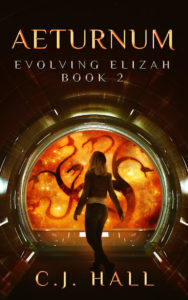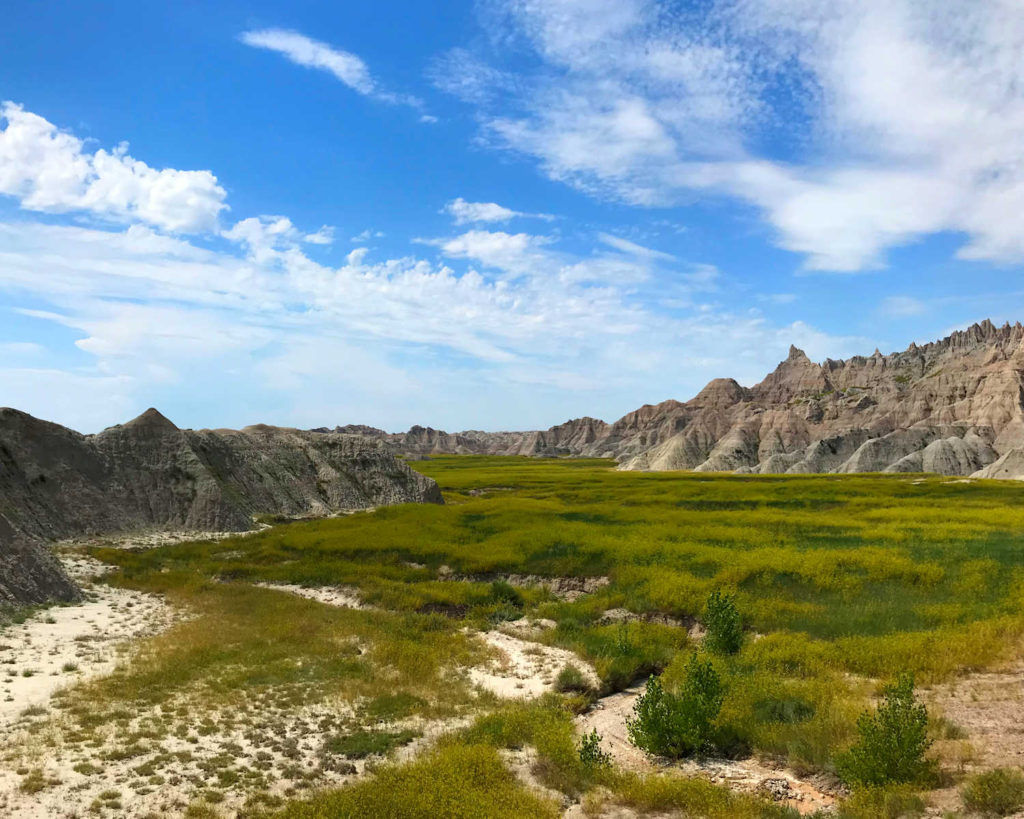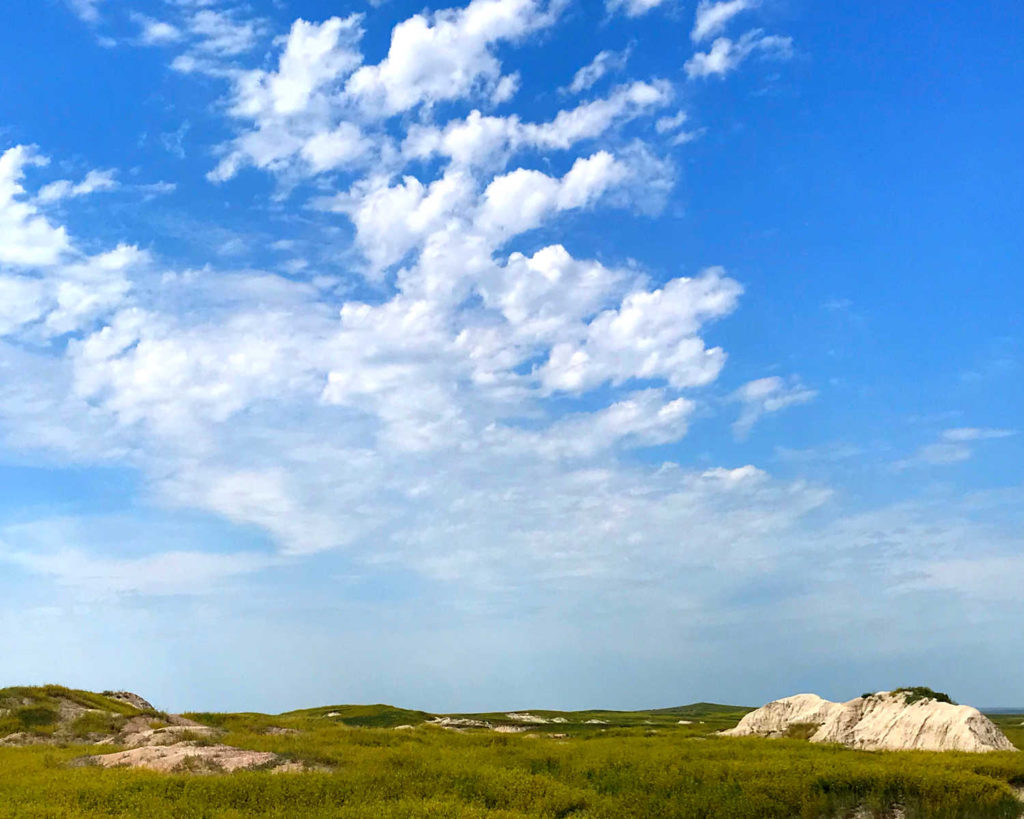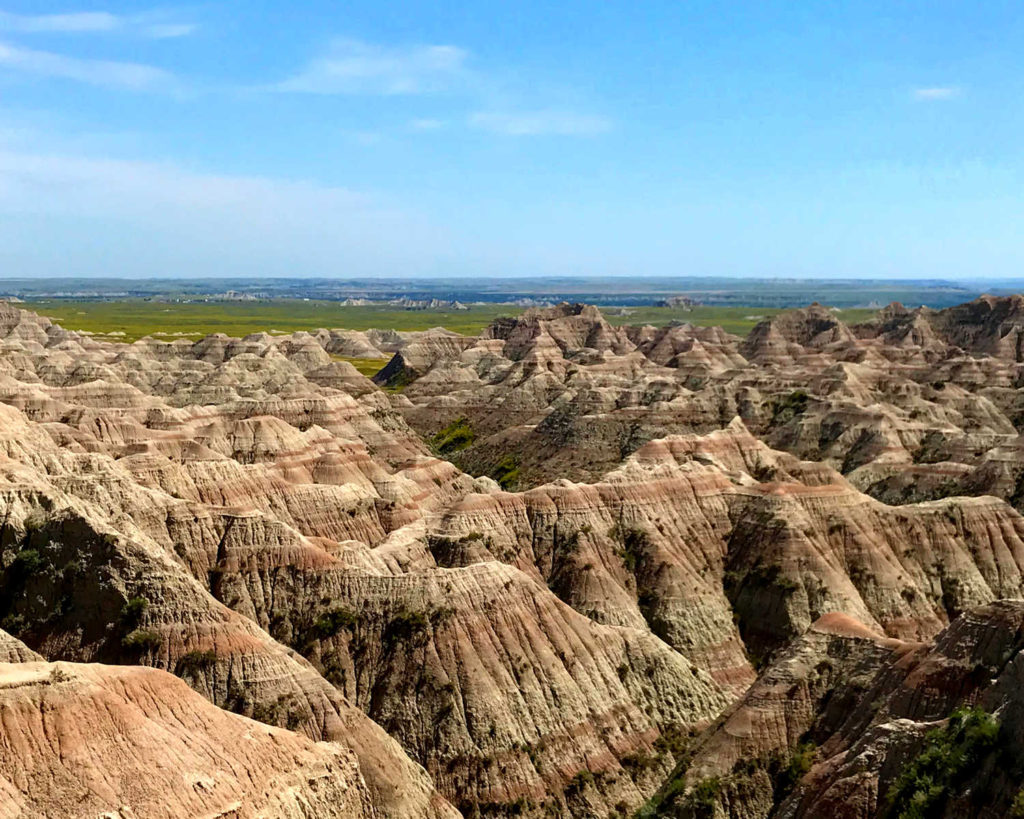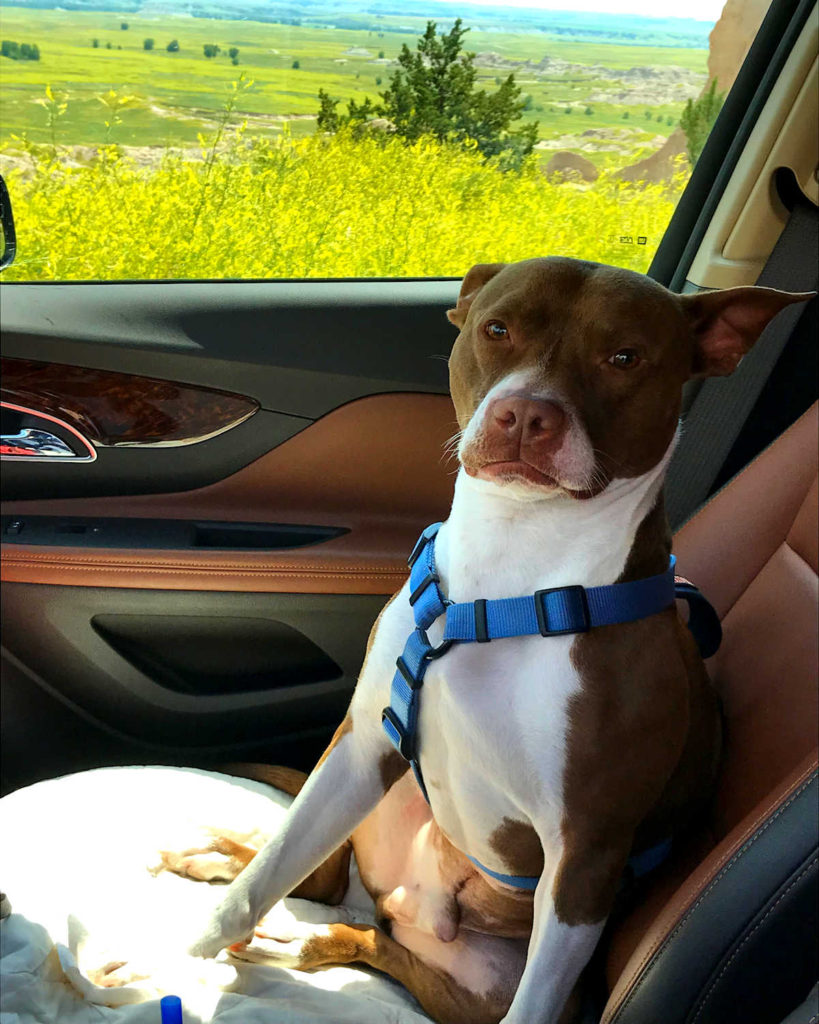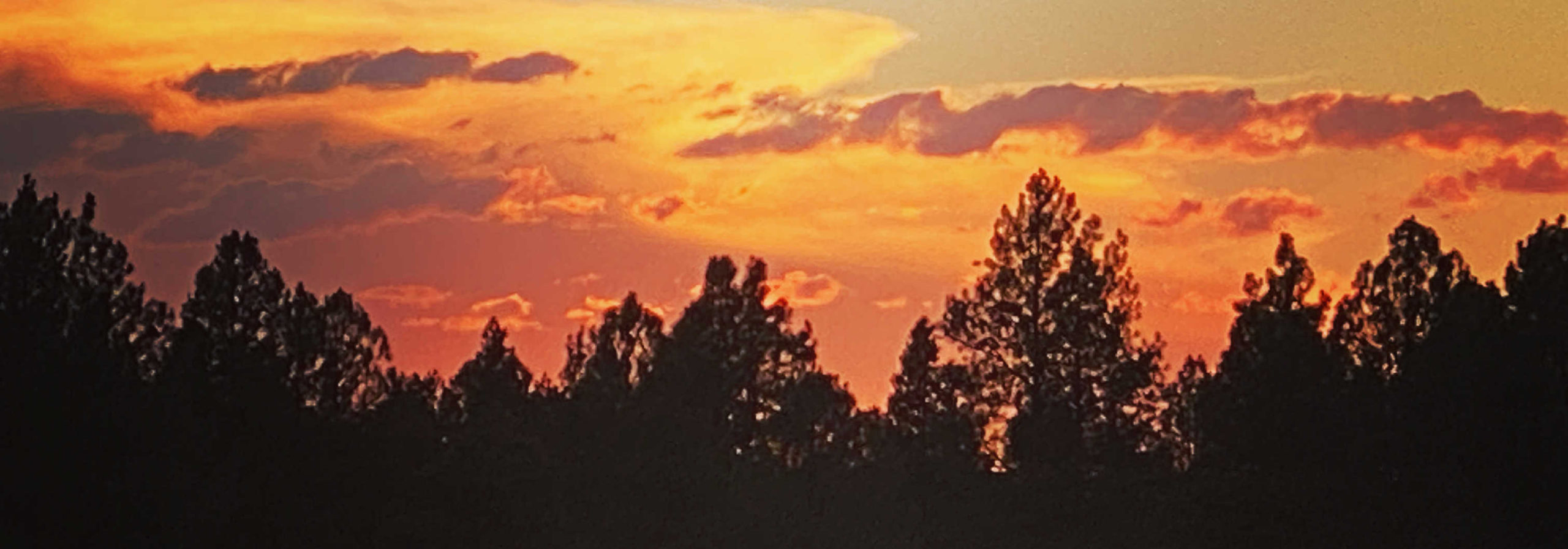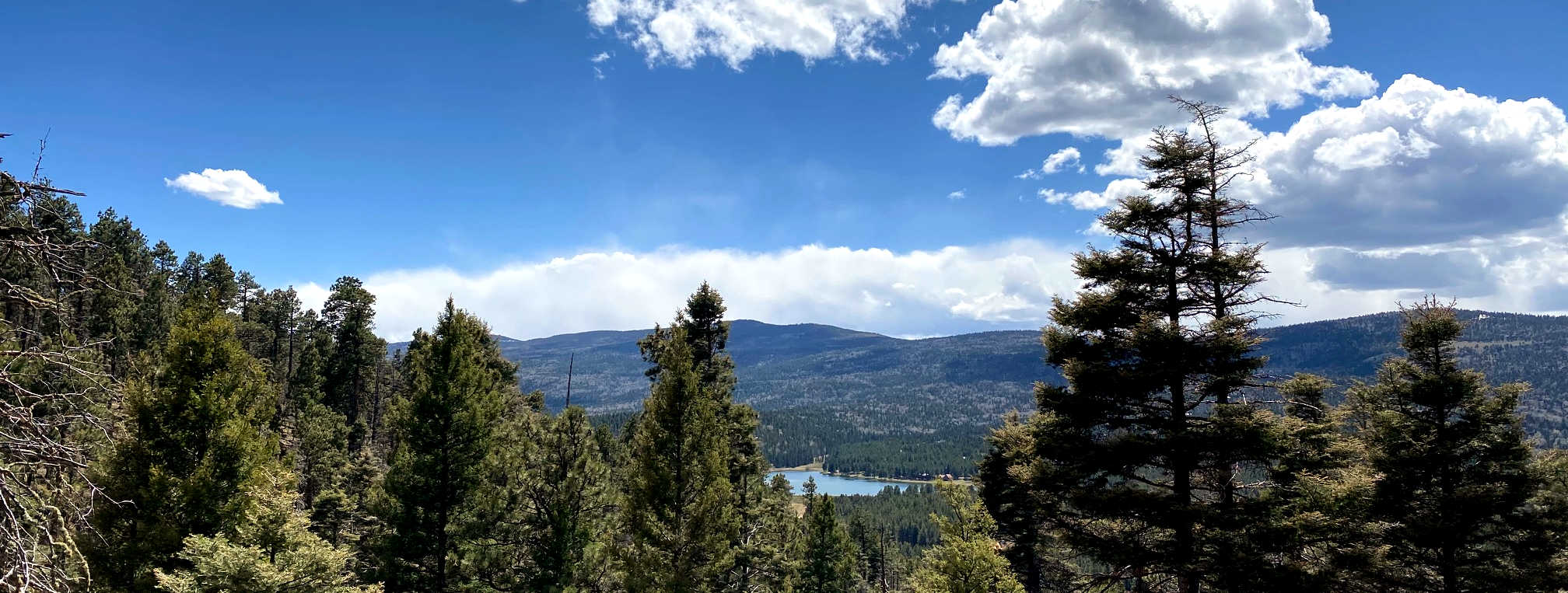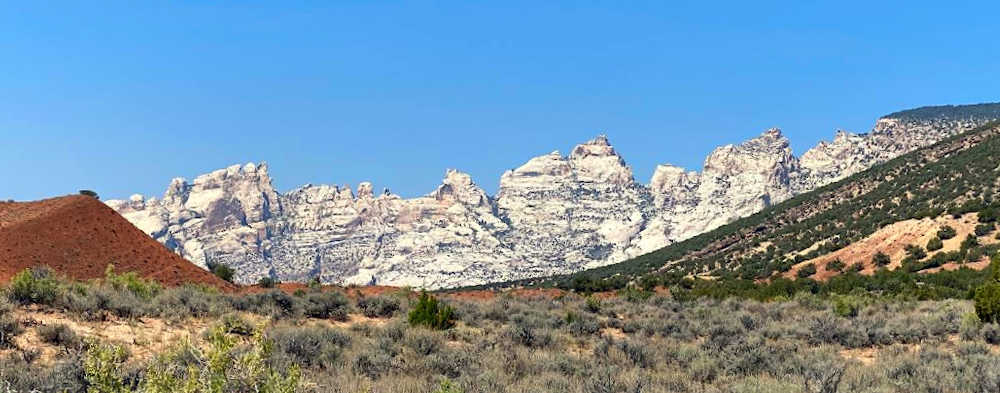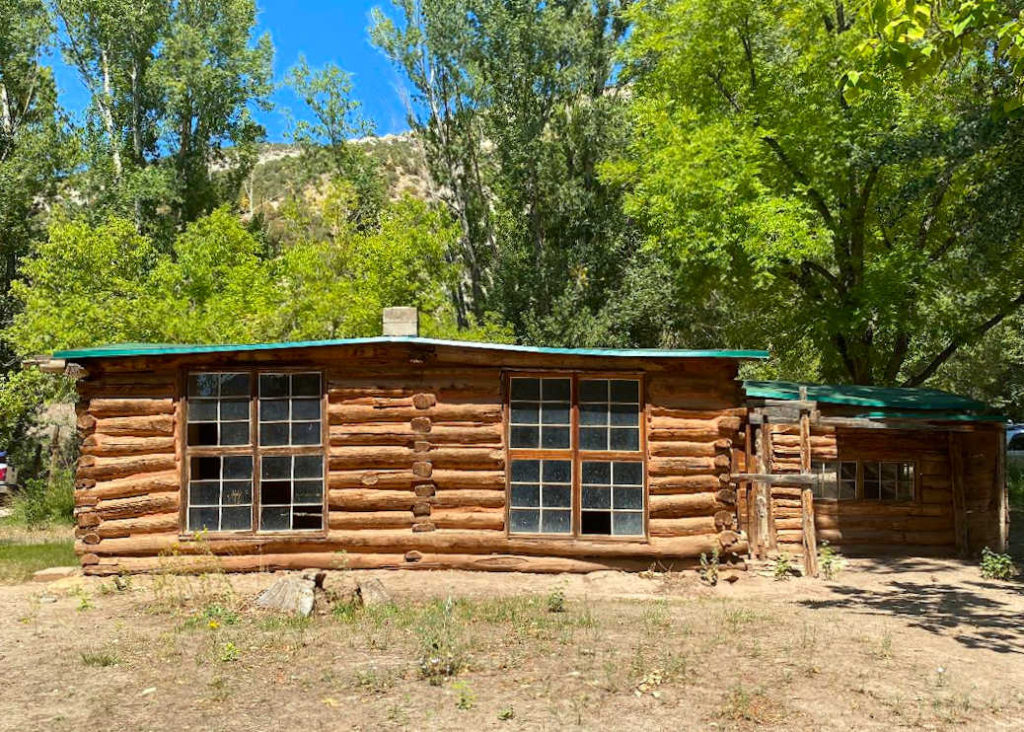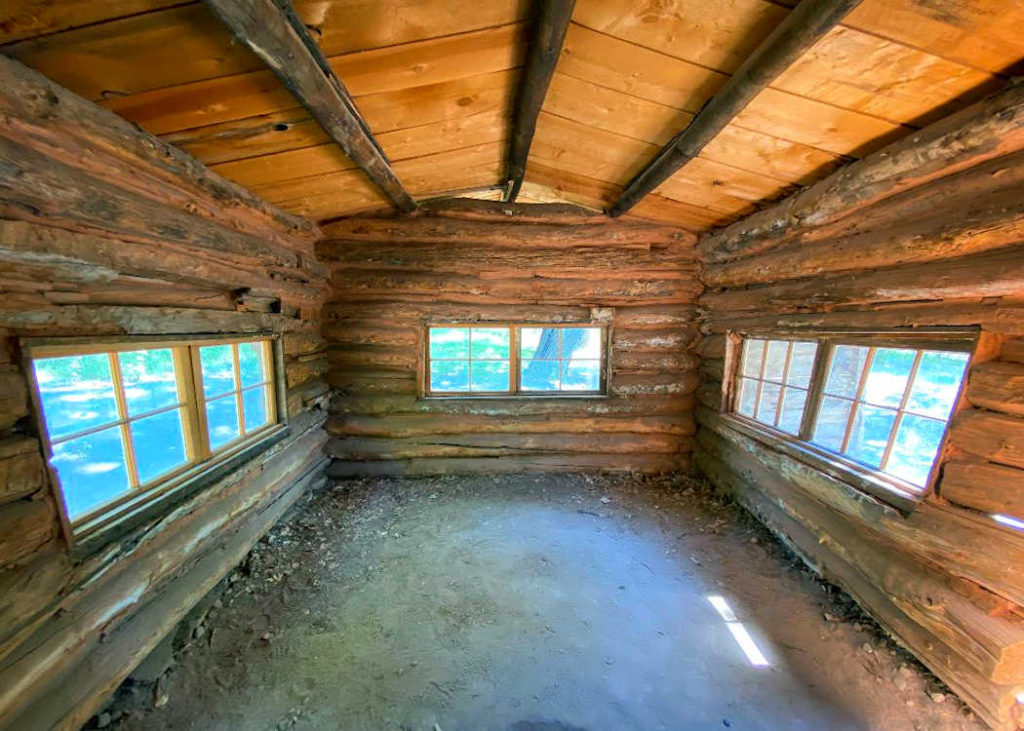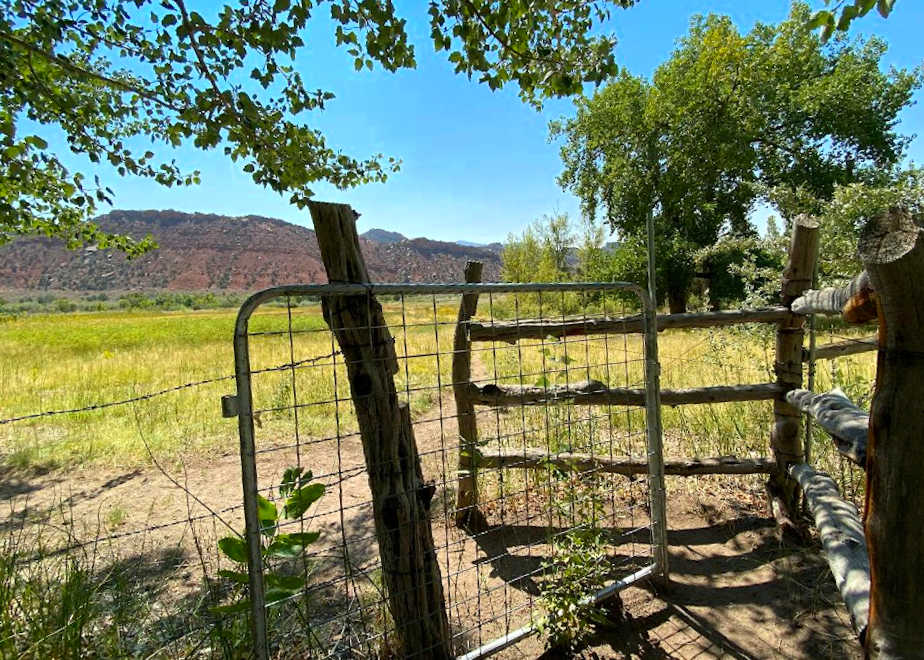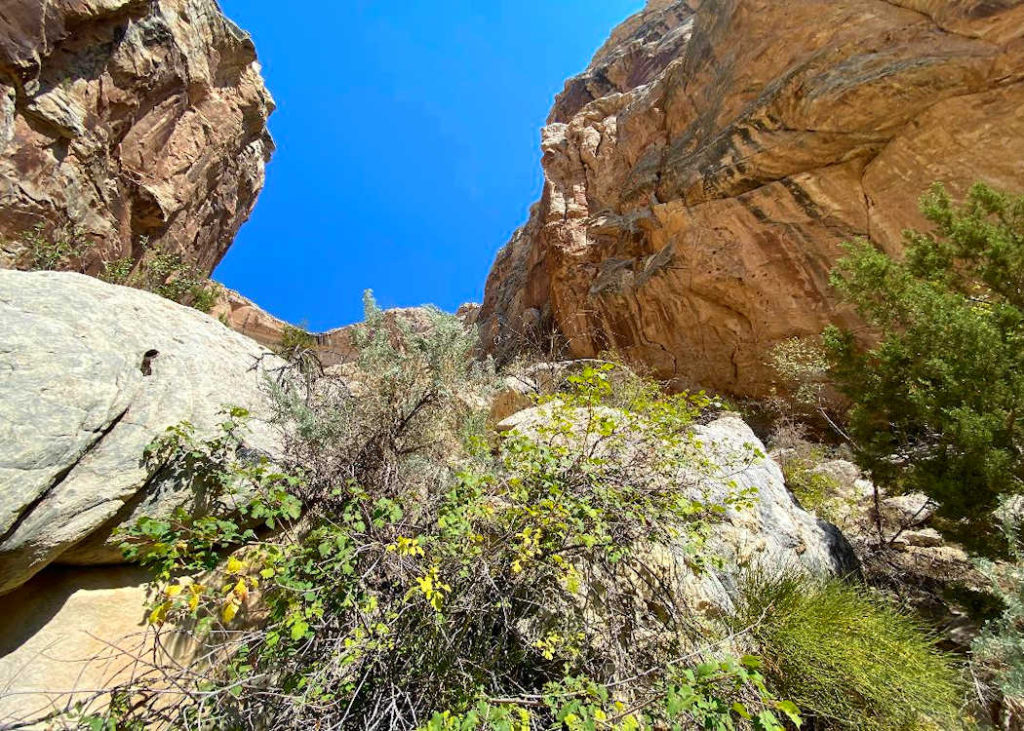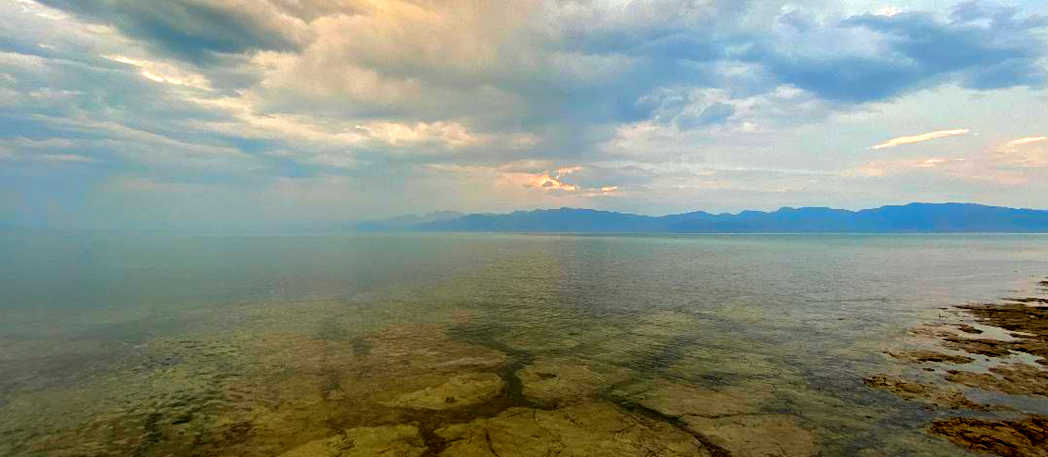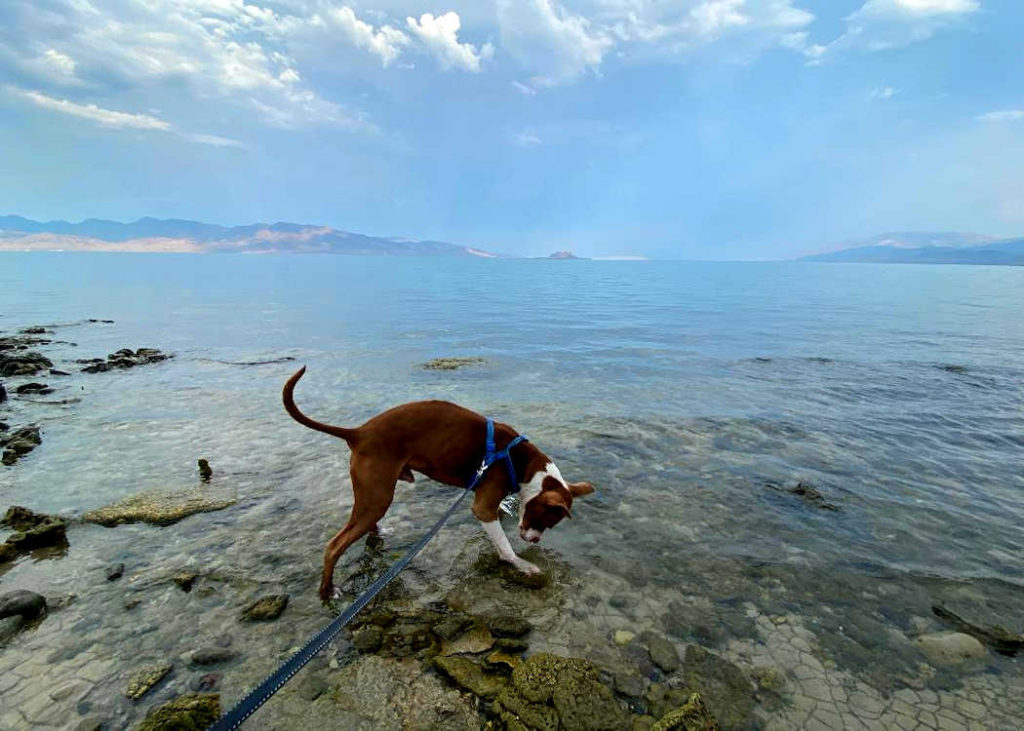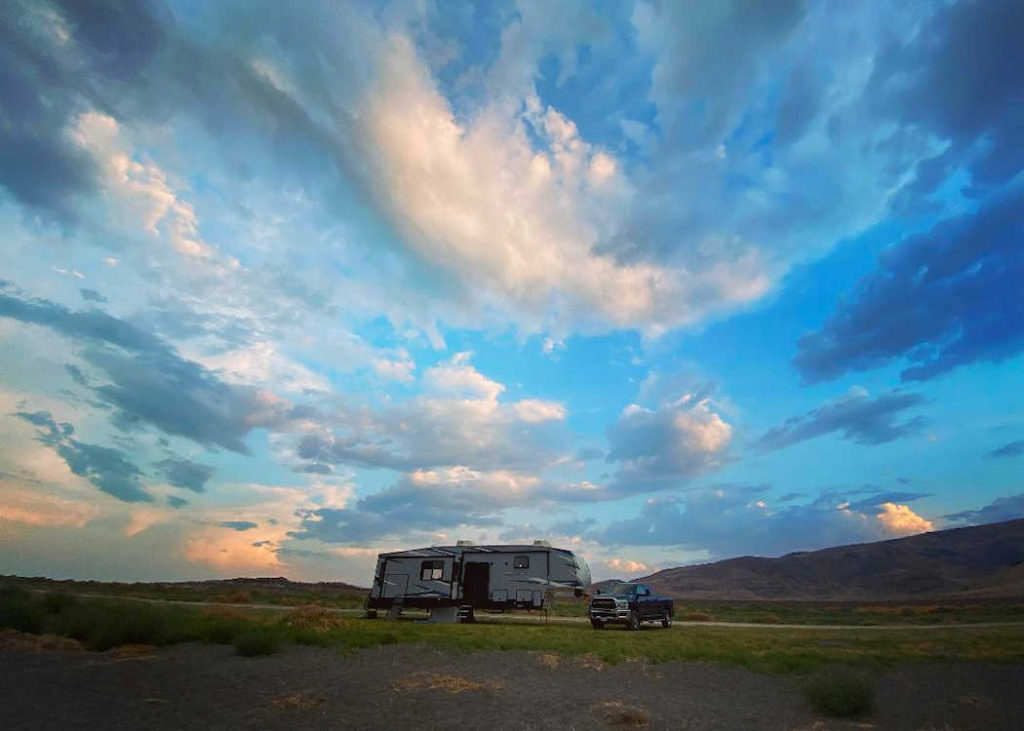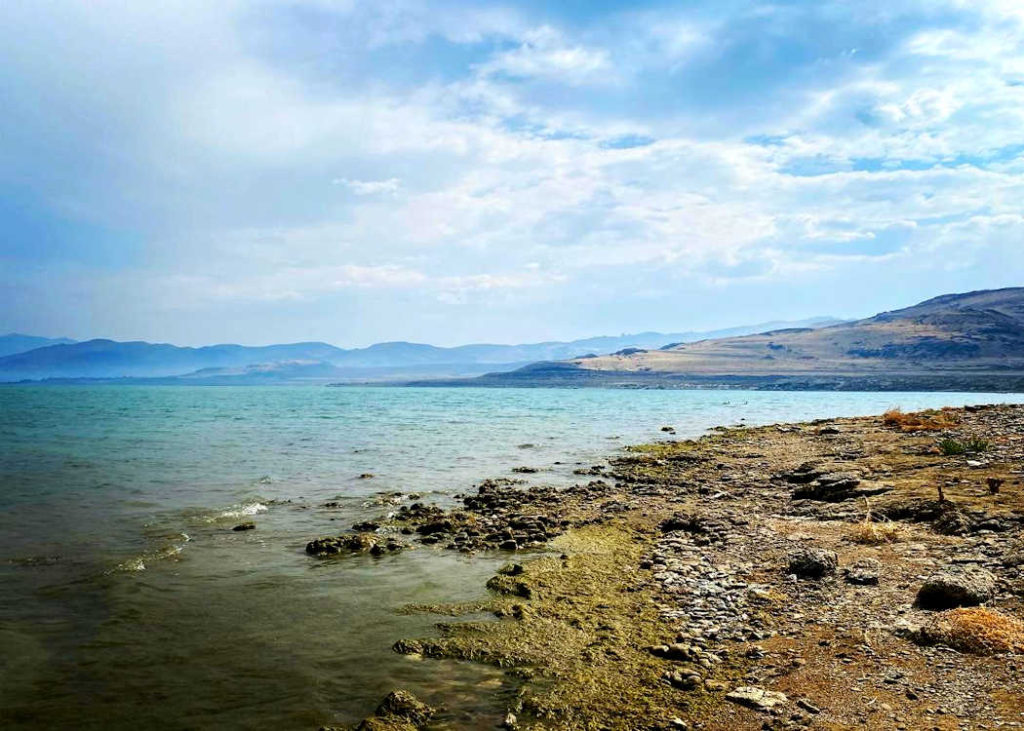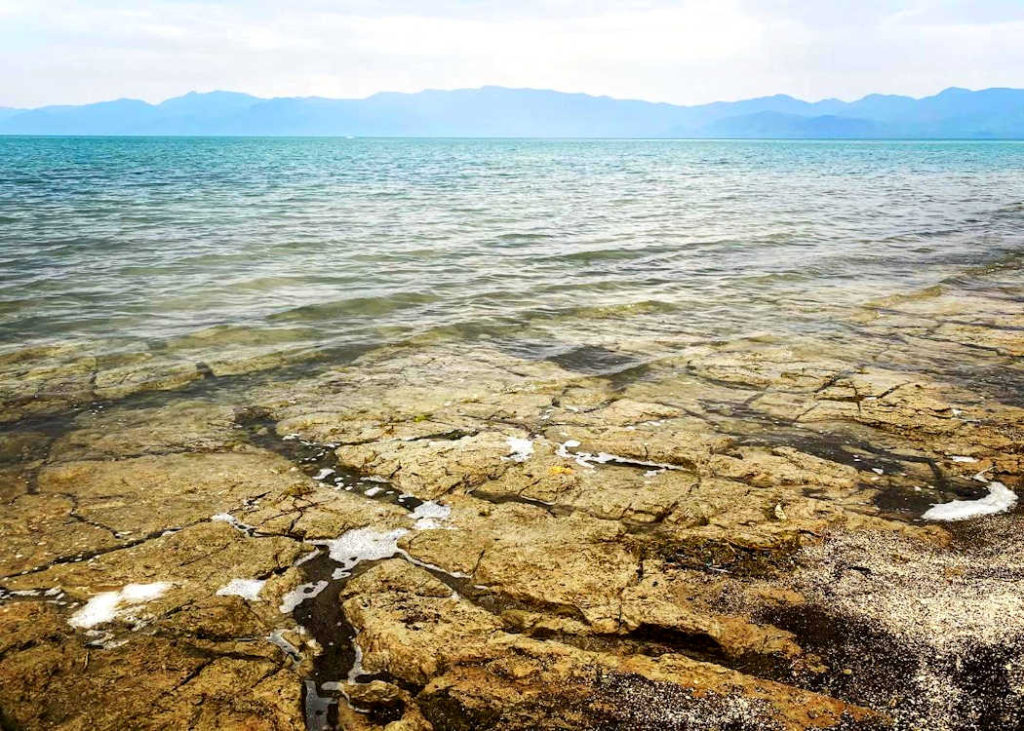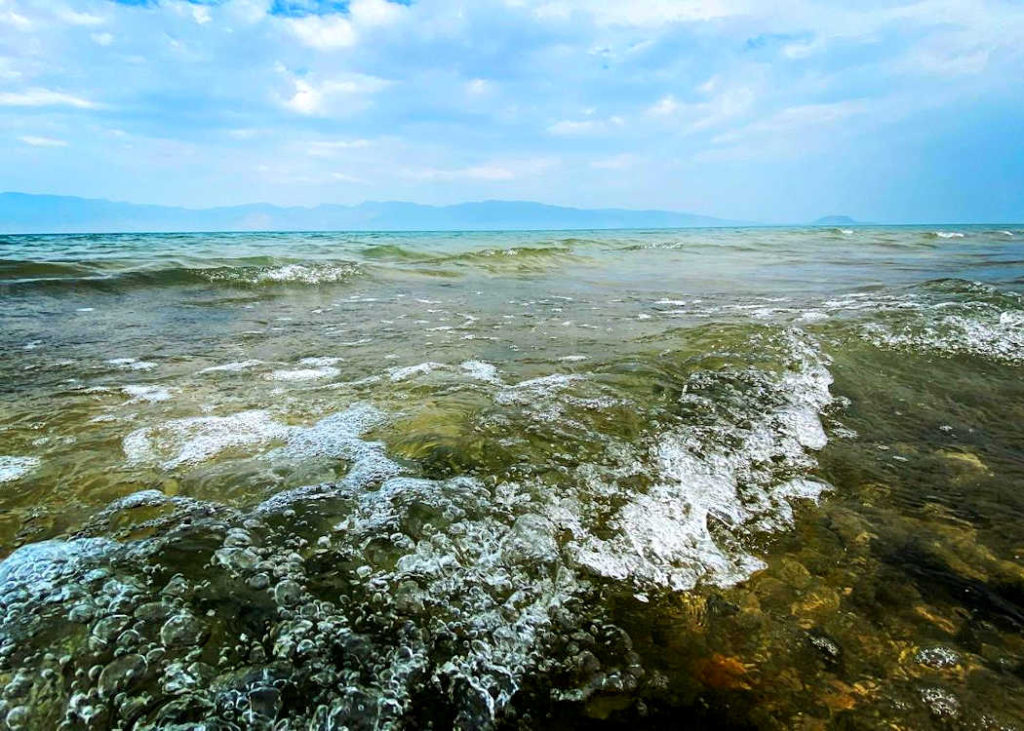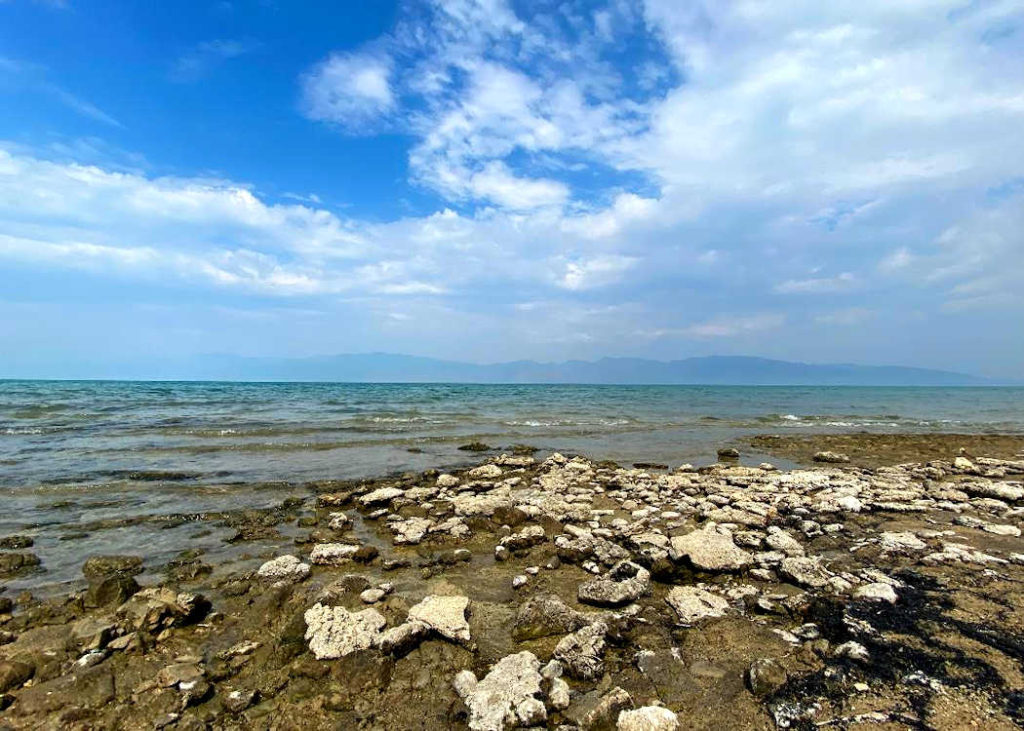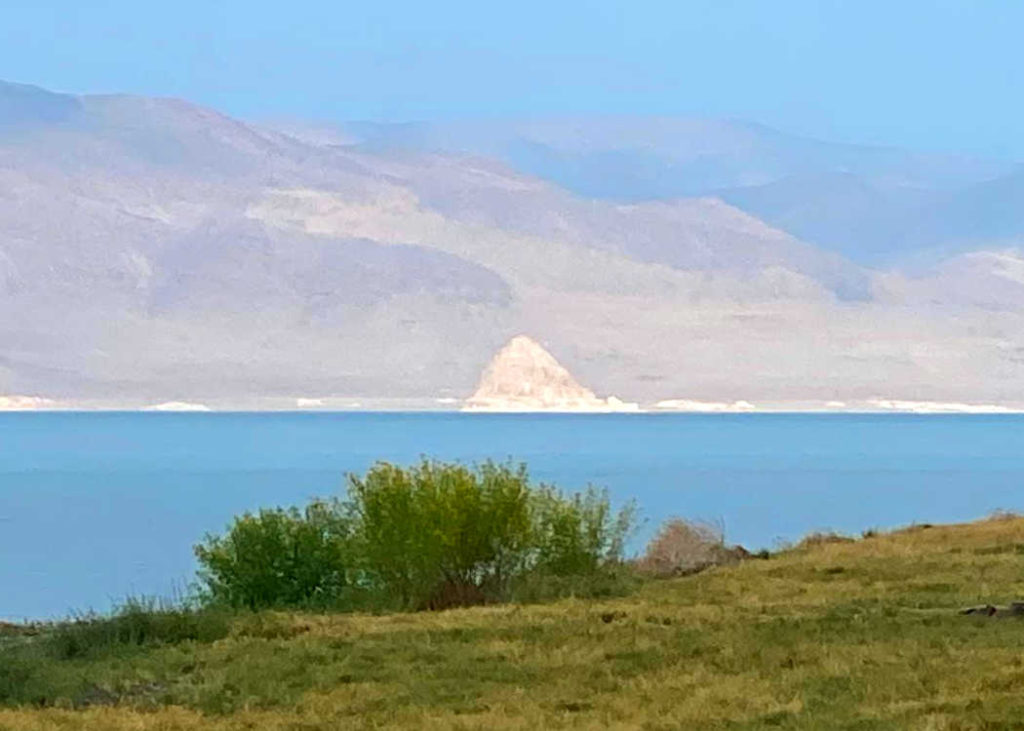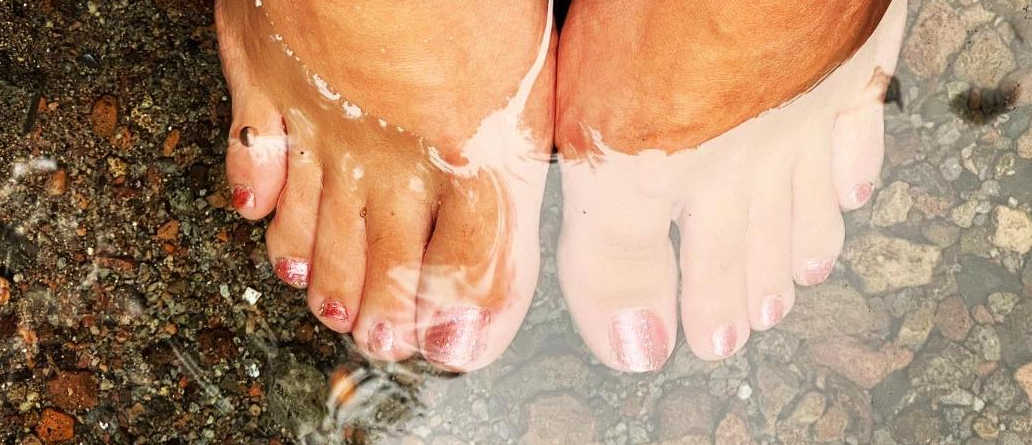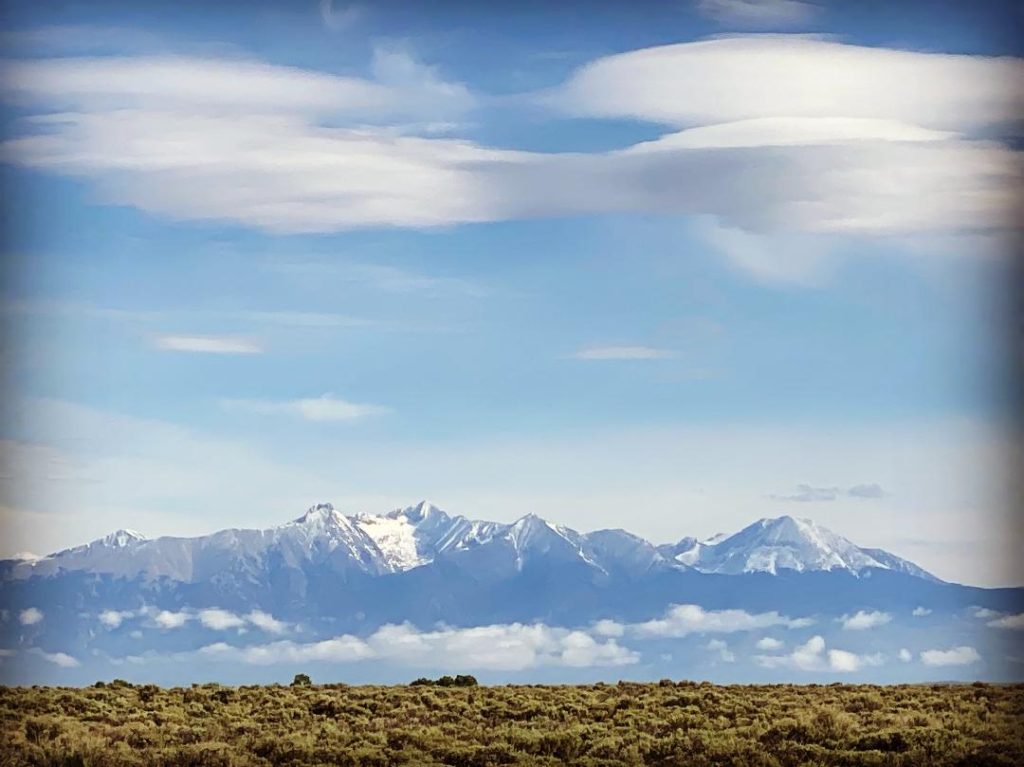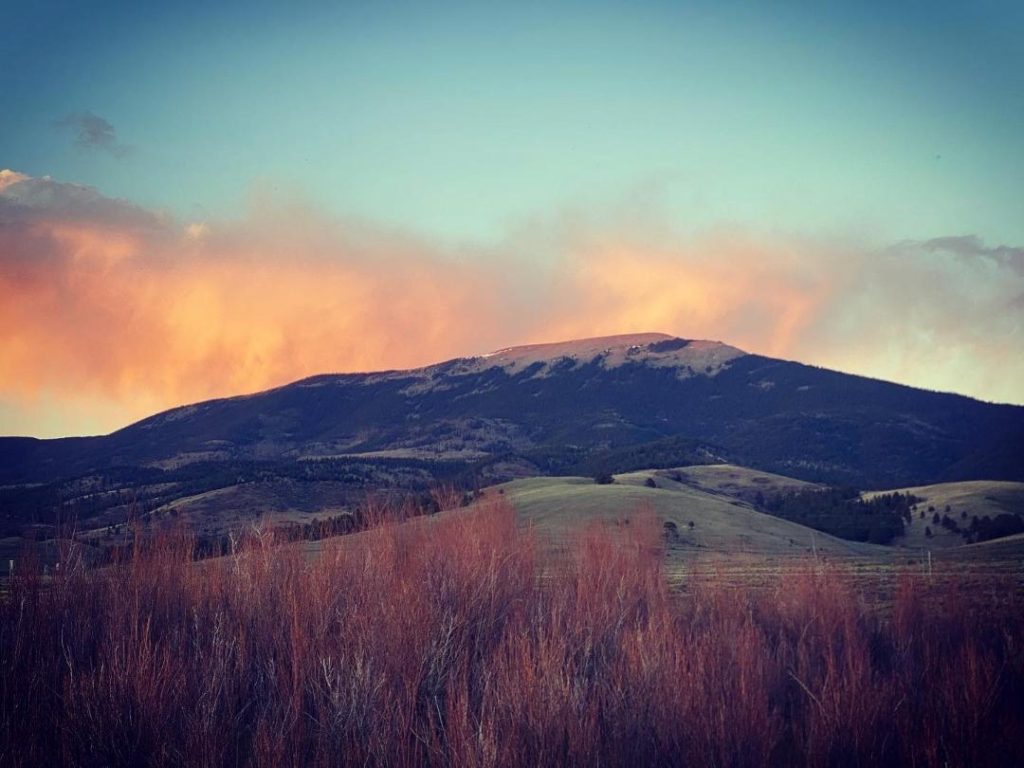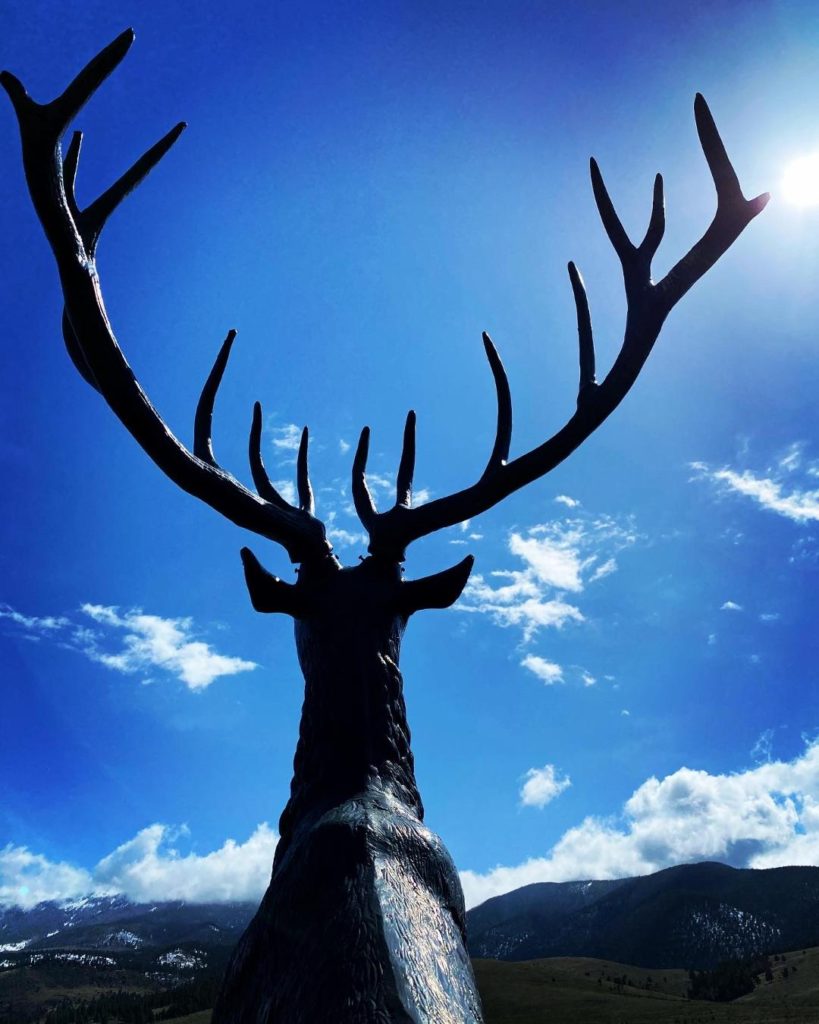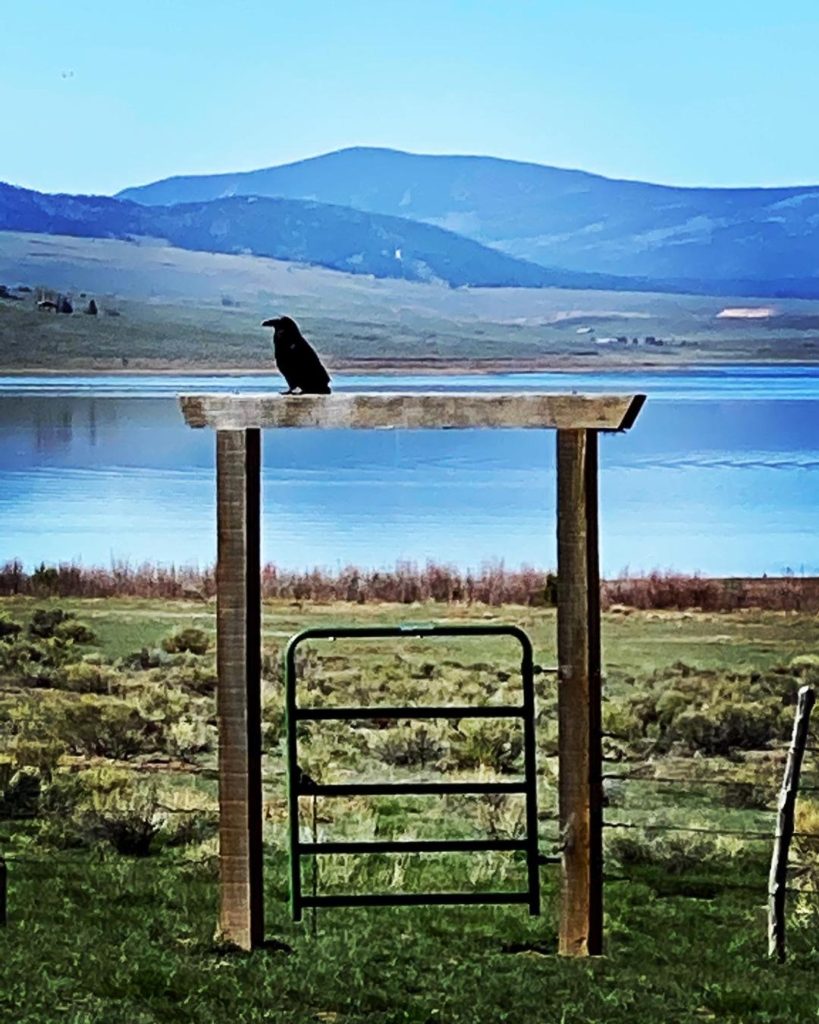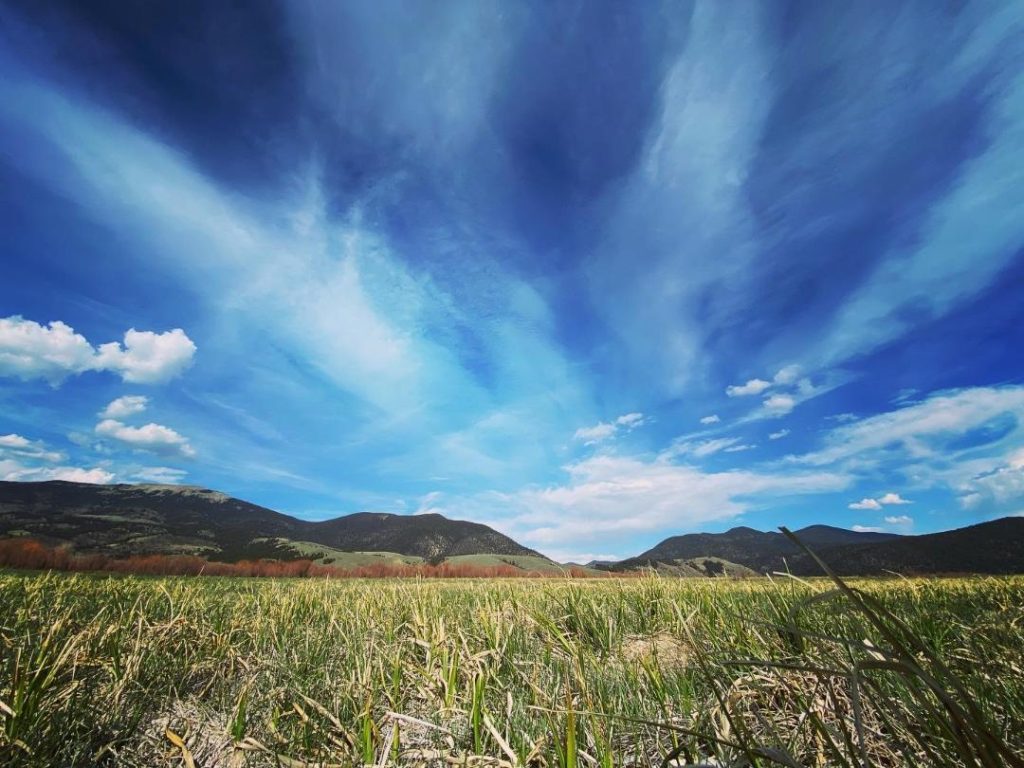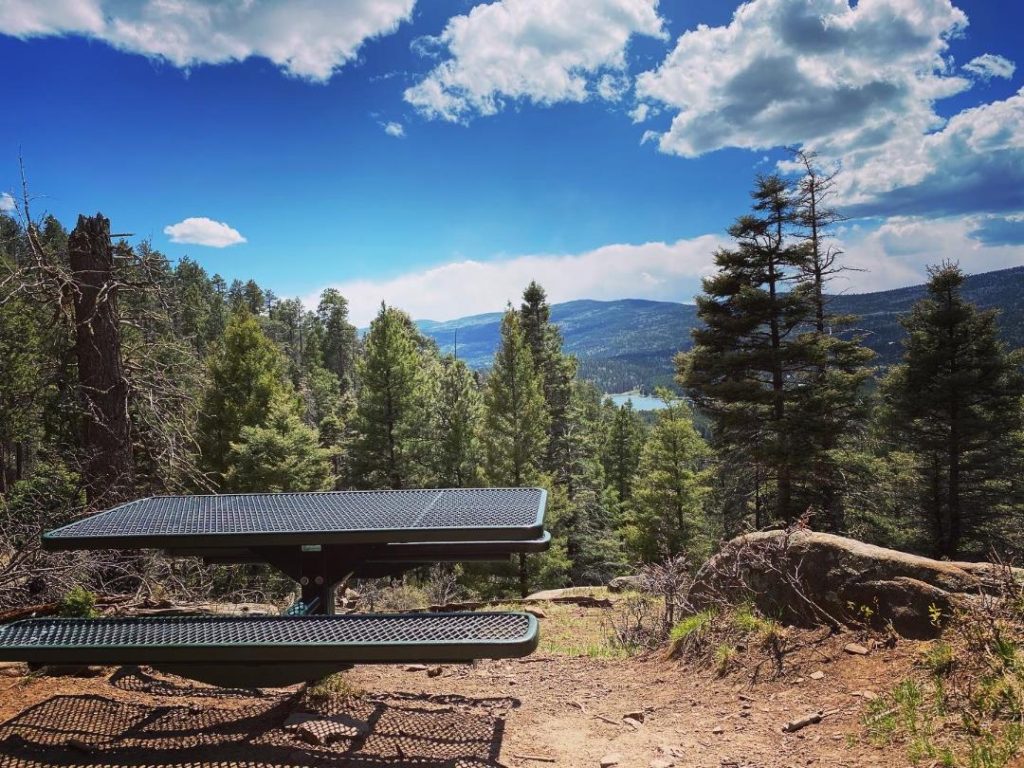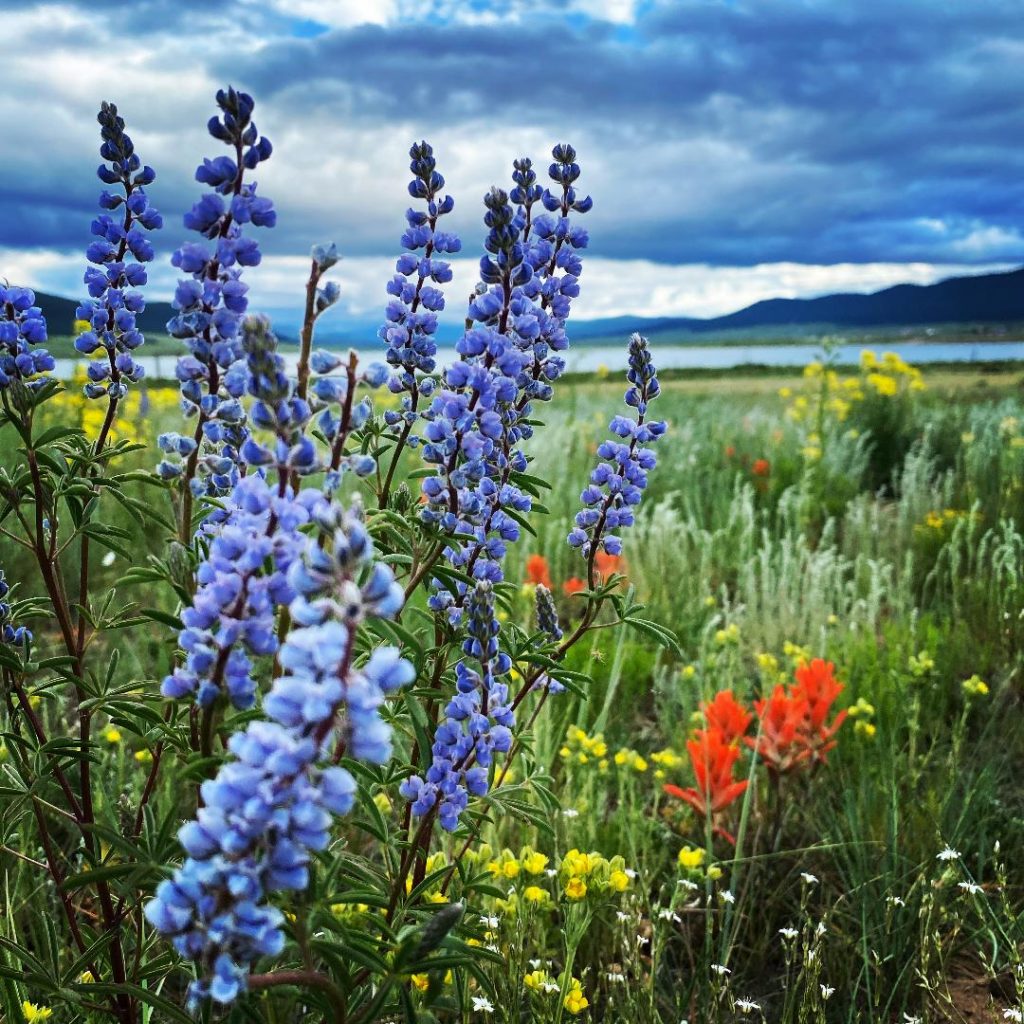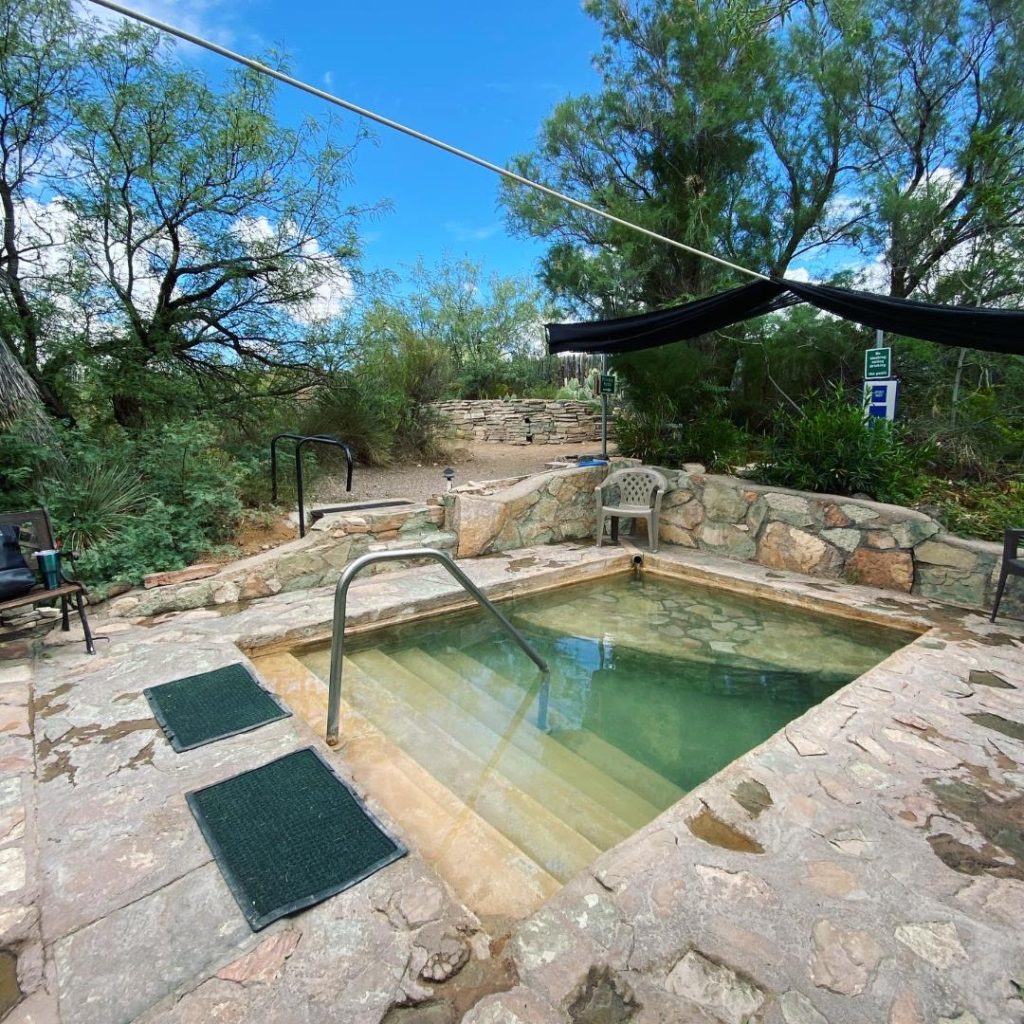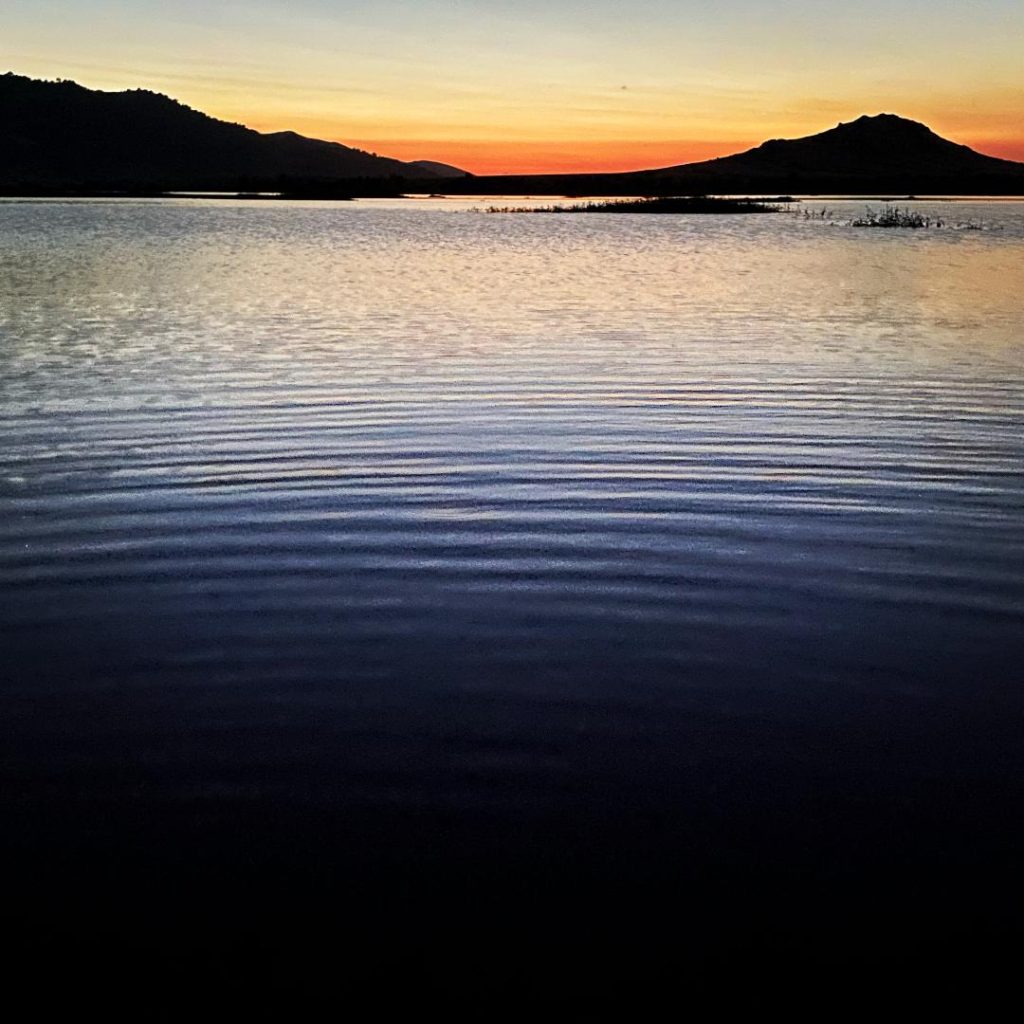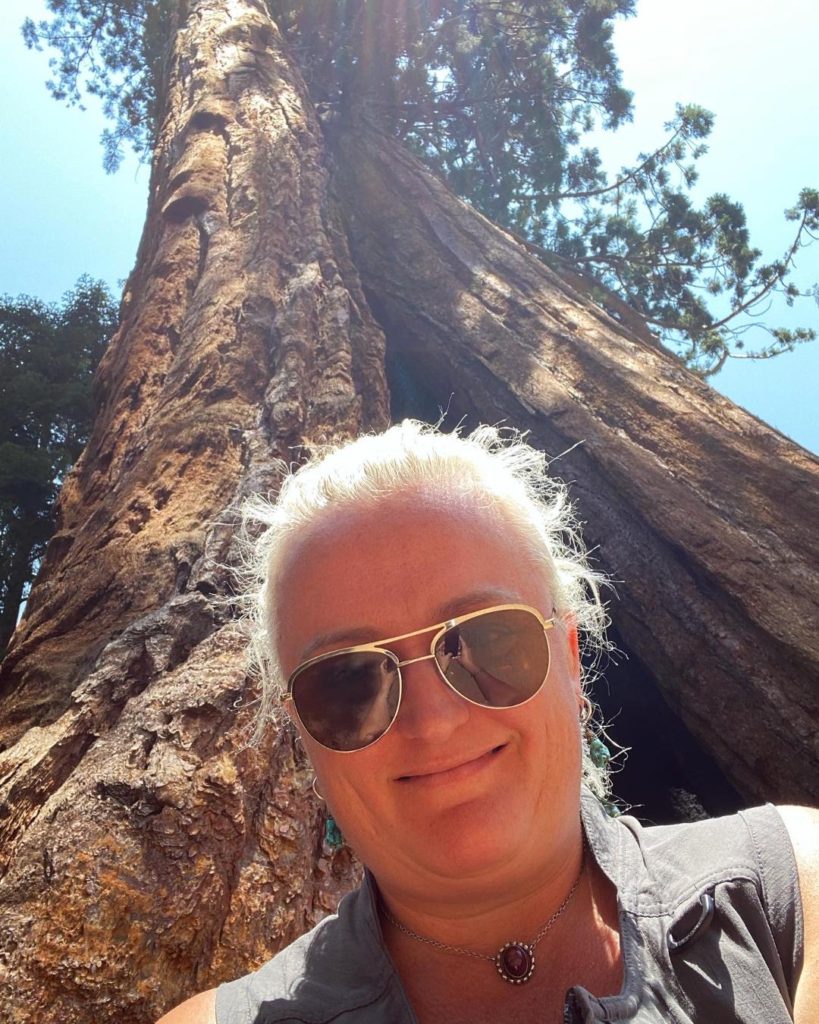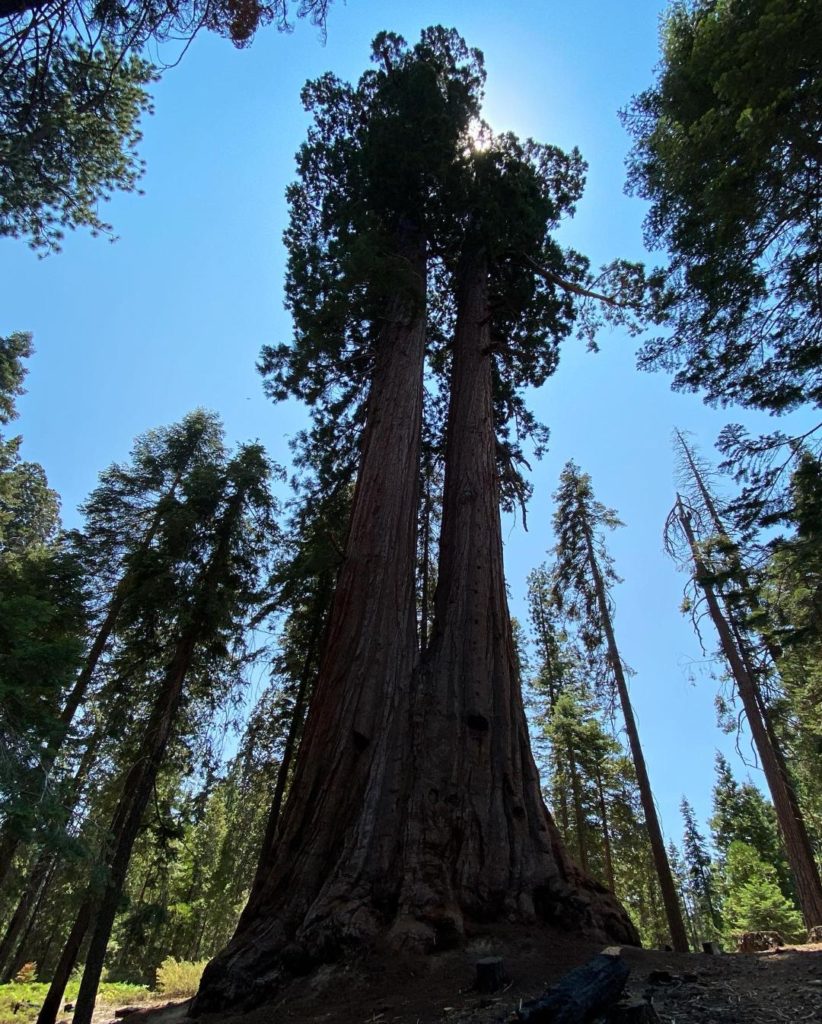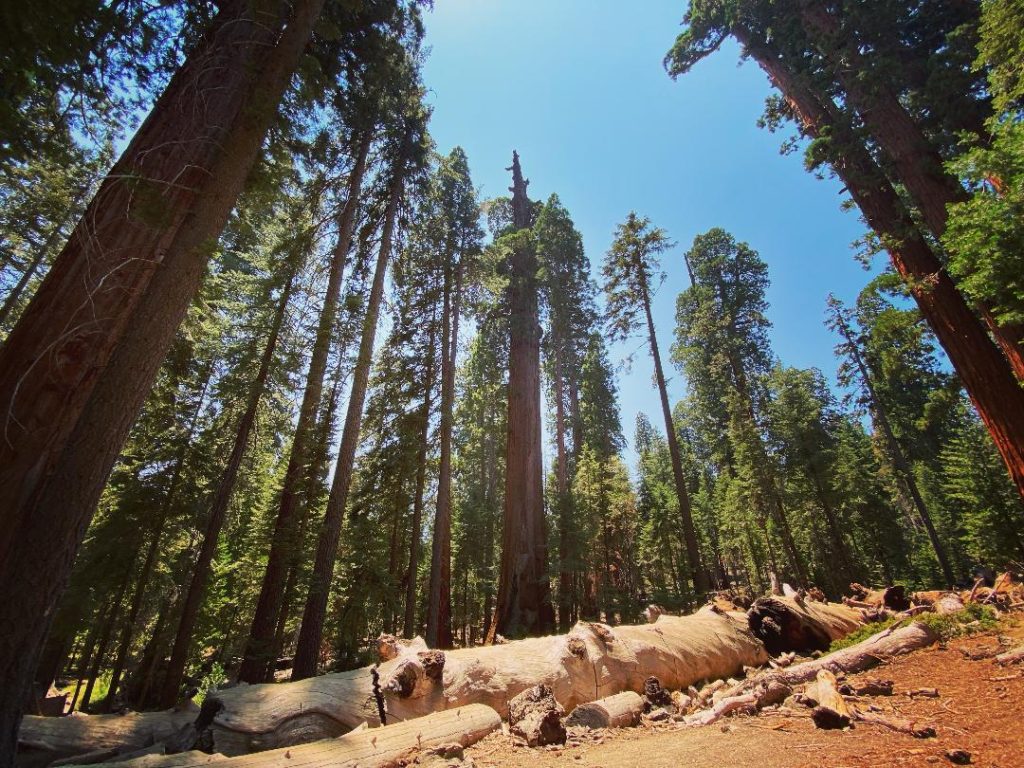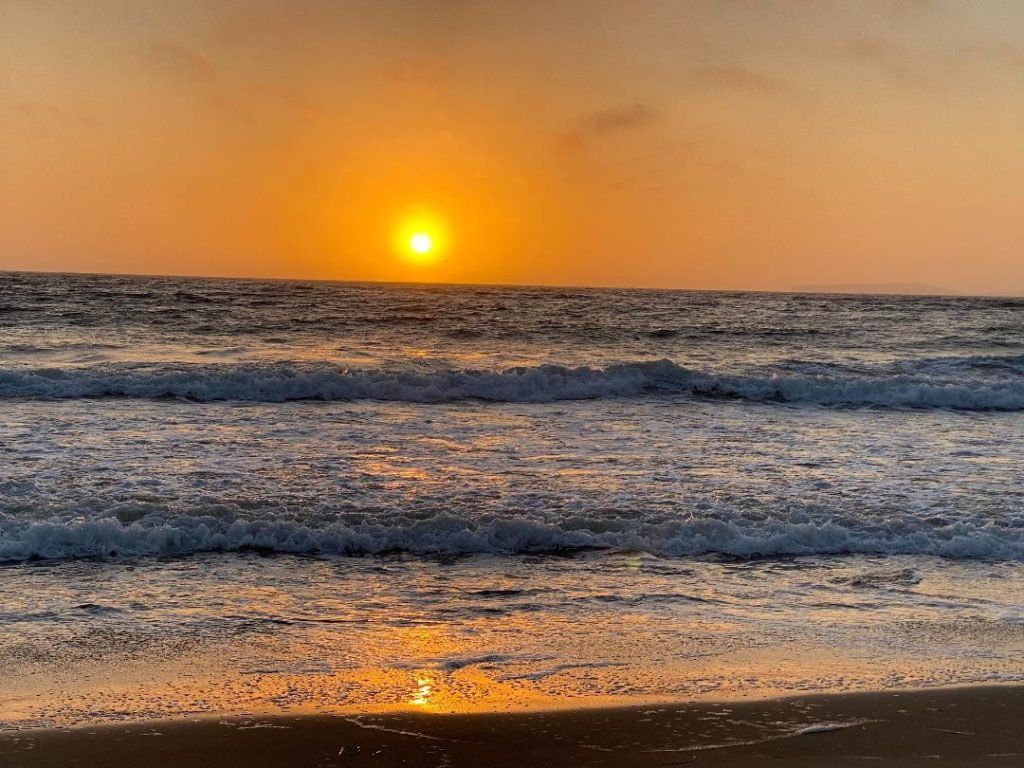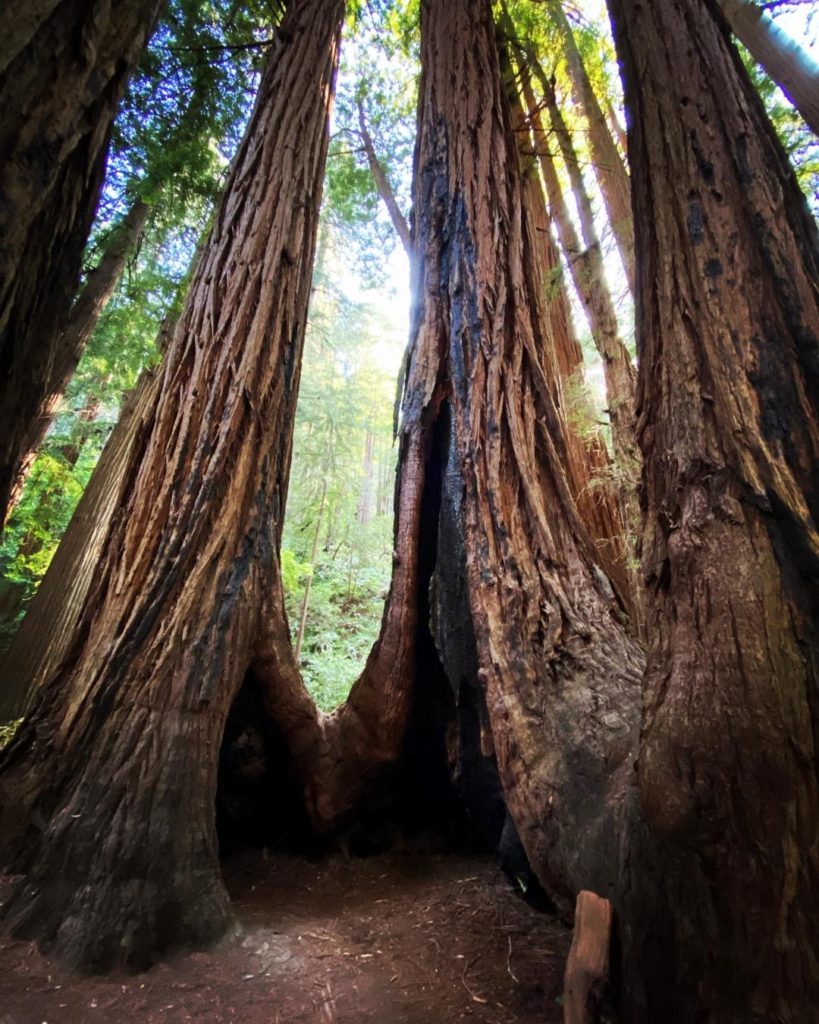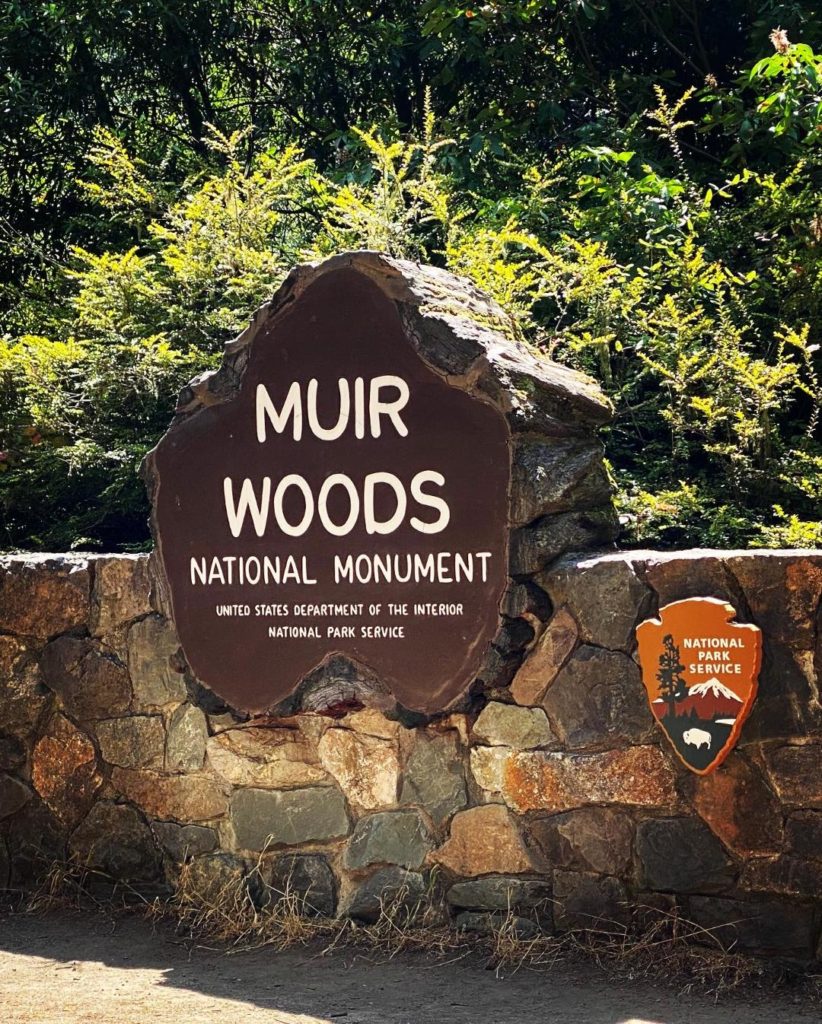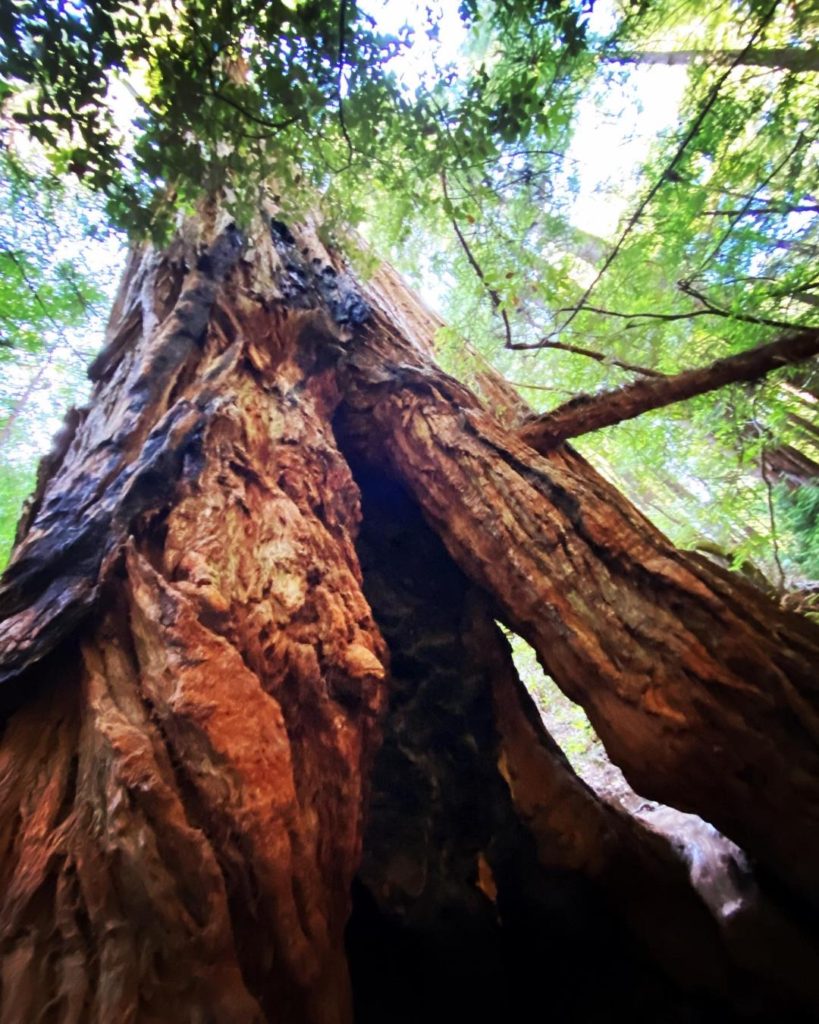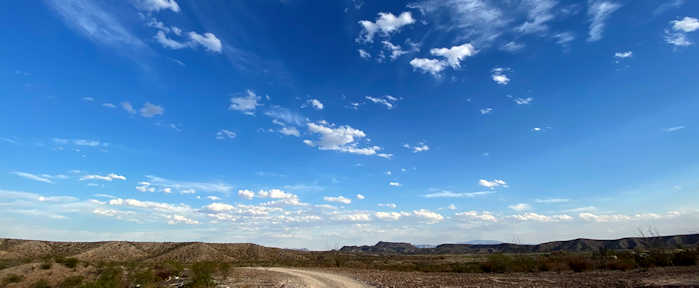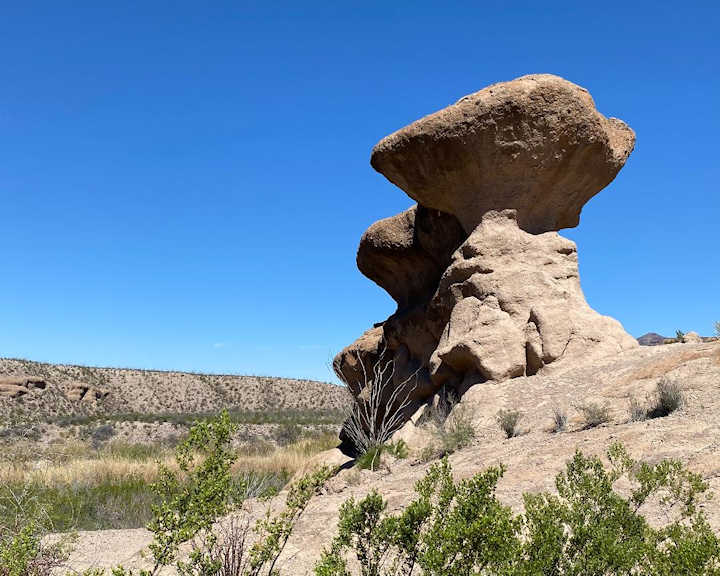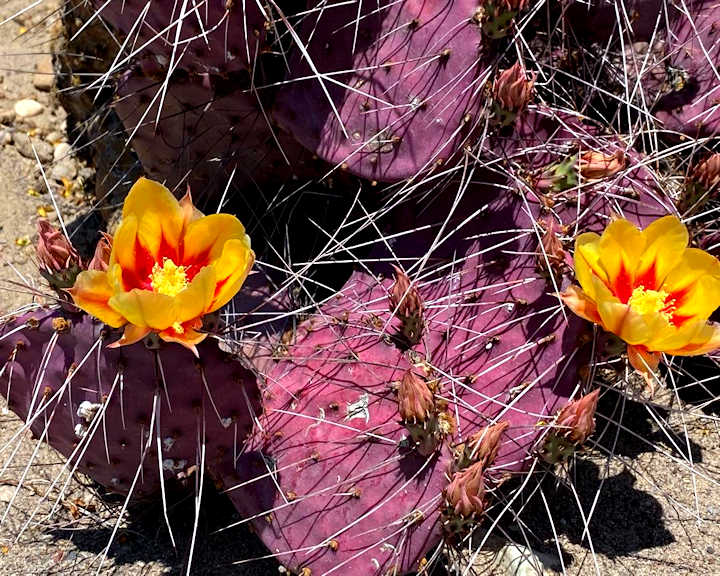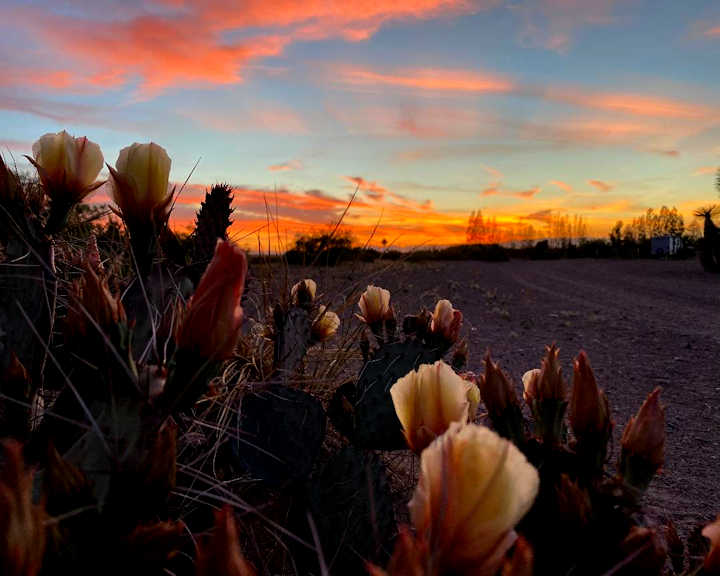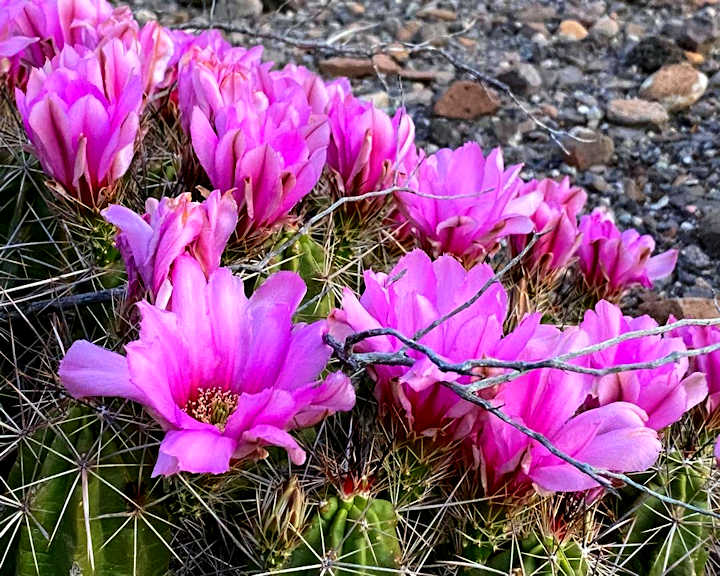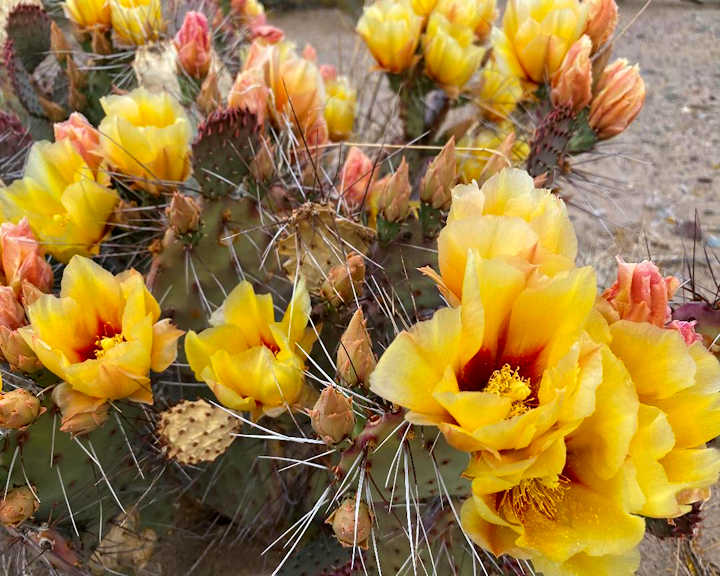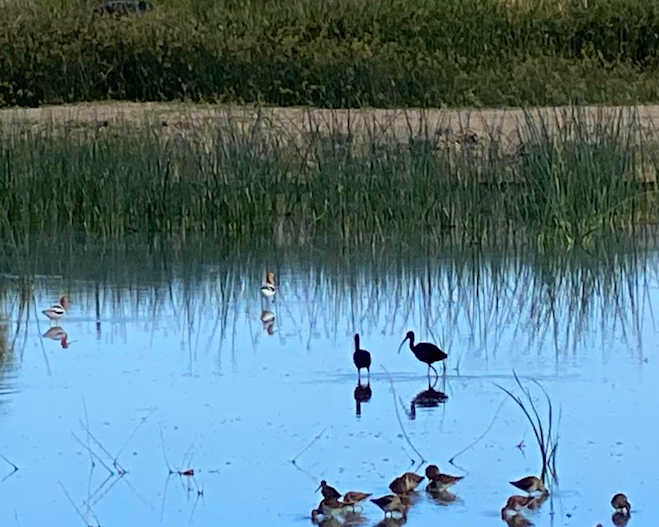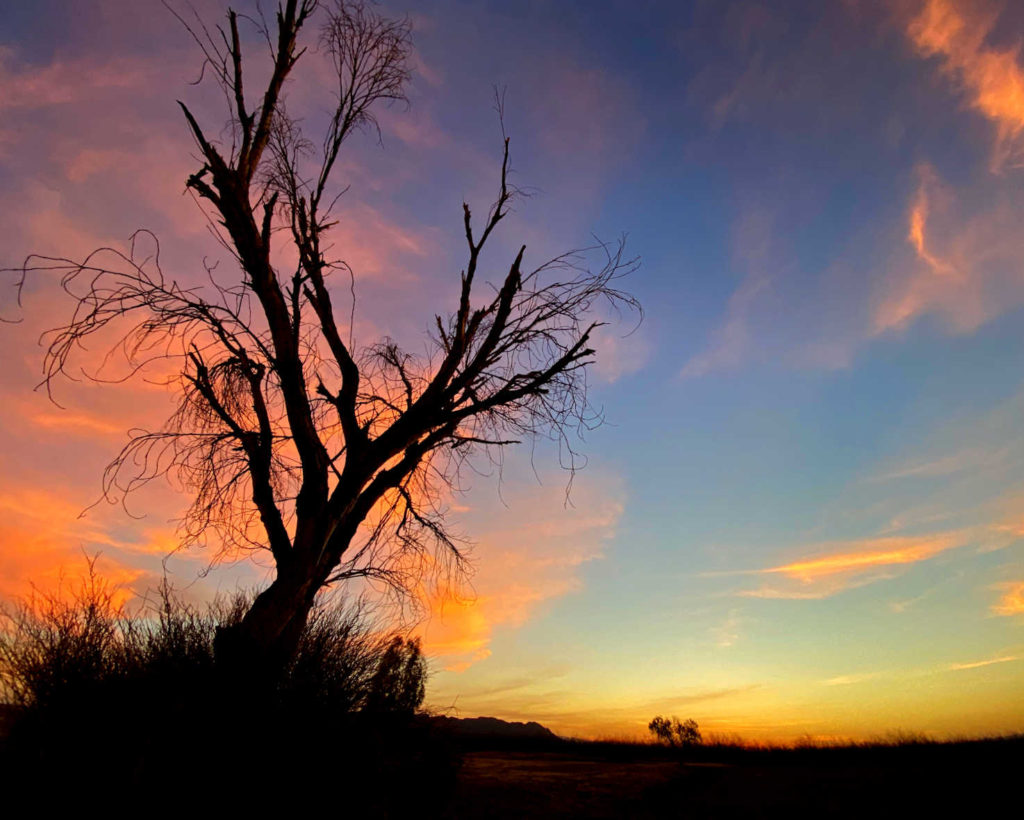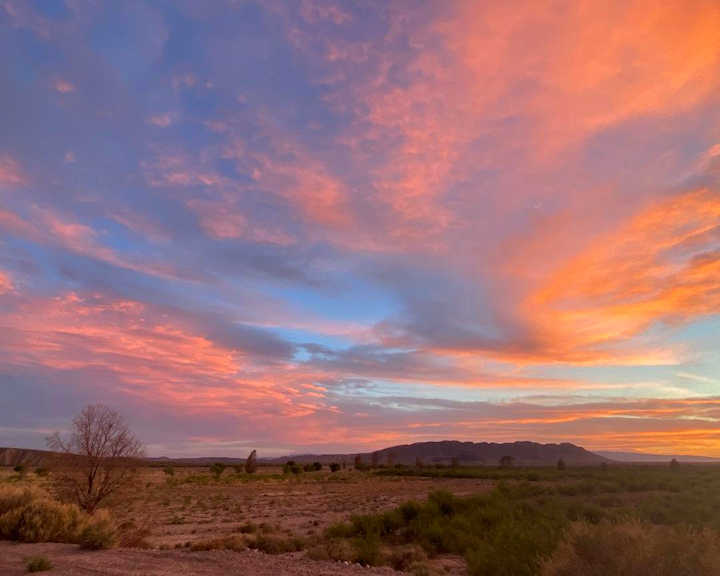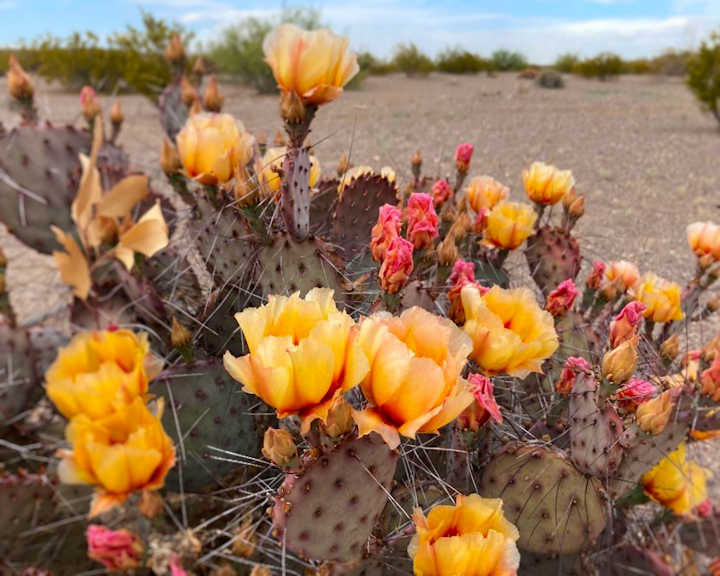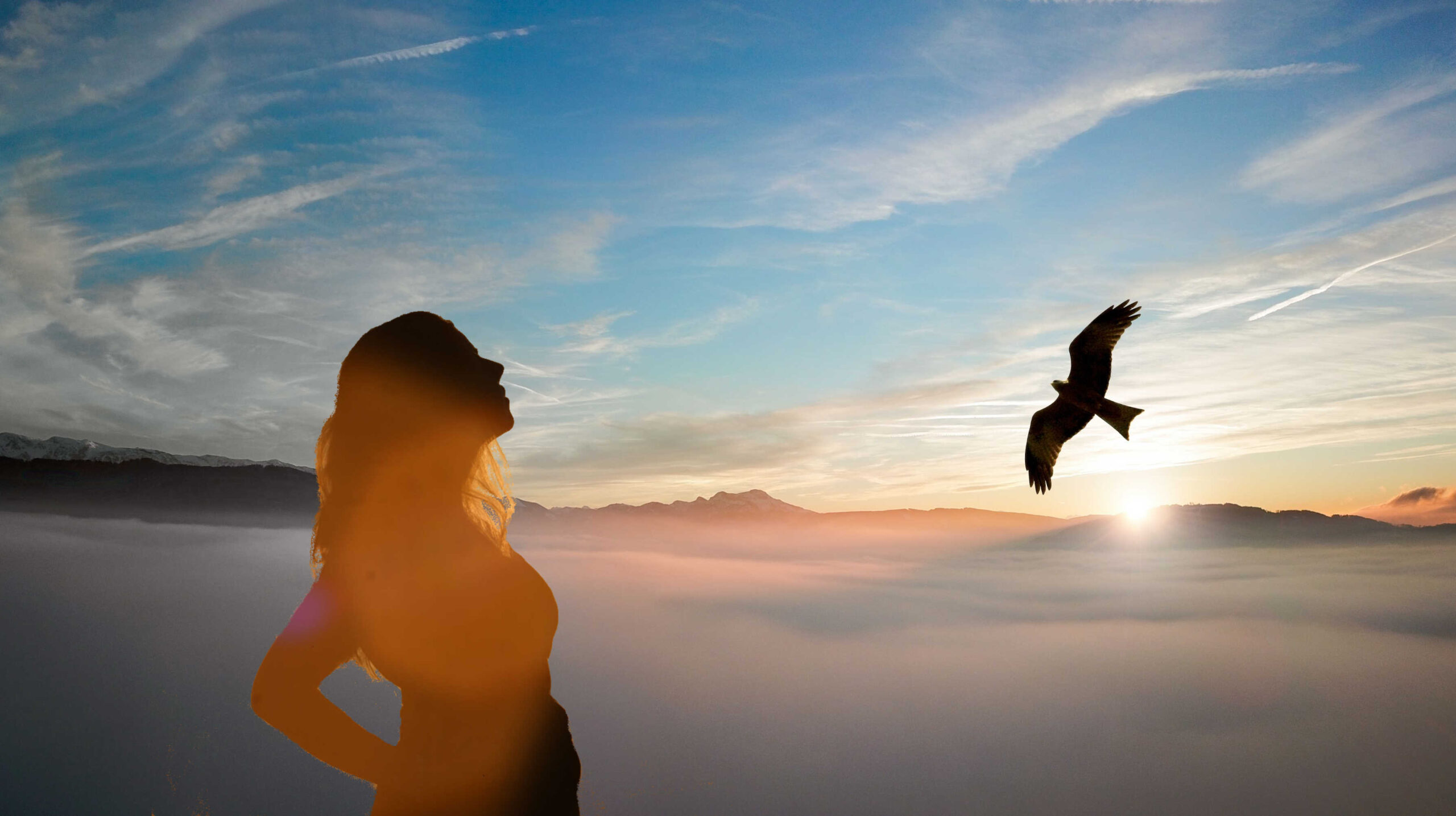
The Last Woman: Legends and Folklore
Hello, friends. Have you missed me? Are you wondering where I’ve been and what I’ve been doing? If you think I’ve been off adventuring again, you are correct. But it hasn’t been a sunshine-and-rainbows kind of adventure, at least not yet. It’s the kind of adventure that unfolds in the dark, washed in a cloudy ocean of memory and feeling that drowns me in churning waves. Does it sound dramatic? Maybe it is. Or, maybe it’s not.
The truth is, I could tell you a beautiful, wonderful story about the past few months, or I could tell you a devastating one that would break your heart. It’s the same story, and I haven’t decided how to best tell it yet. So, let’s not start there. Let’s start with a different story, an old Lakota tale that’s been on my mind a lot recently. Beautifully told by Joseph Marshall III, it’s called the Story of the Eagle, but it’s not just about an eagle–there’s a woman involved.
The woman is young and beautiful and the last of her kind, but it wasn’t always this way. Just before the story begins, she was living the life she expected to live, with a family who loved her in a village full of people. But then one day, a great flood swept across the land. All of the people were washed away, except for her. She awoke on top of a hill, where she was completely alone.
She waited for the water to recede, and when it became possible, she ventured out each day to search for survivors. At first, she was hopeful. But after many days, she realized that no one remained. She was not only the last woman, but the last human, completely alone. The weight of this truth was unbearable, and after shedding many tears and thinking many thoughts, the woman did the only thing that made sense to her. She laid down on top of the hill and waited to die.
This is where the eagle comes in. You see, he was nearby doing what he loved best–flying. He’d watched everything transpire from above–the storm, the young woman washed upon the hill. He’d watched her search for others, her grief, and then her stillness. He circled overhead as she lay there, watching and waiting for her to move. But she didn’t, not for days. She only stared blankly ahead, with no apparent concern for herself or the world around her. The strangeness of it bothered the eagle tremendously, so he landed on the hilltop to speak to the woman.
“Why do you lie so still?” he asked.
“I am waiting to die,” she said.
“Why do you wish to die?” he asked.
“I am the last of my kind,” she said. “My life has no purpose.”
“Yes, you are the last,” he replied. “Don’t you see how special that makes you? The world would be less without you in it, and so you must live.”
“Why should I live when I am completely alone?” she asked.
“You are not alone,” he said. “You are surrounded by many brothers and sisters who fly, crawl, and swim. We are all here with you, and so you must live. You are too special to die.”
“The world is full of life,” she said. “My kind won’t be missed.”
“But there are no others like you,” the eagle persisted. “You fill a place no one else can fill, and so you must go on.”
“I cannot survive alone,” she said. “It’s impossible.”
“What do you need to survive?” he asked.
“I need food,” she said, “but I do not know how to hunt or fish.” The eagle studied her with sharp eyes for a long moment, then took off on mighty wings. He returned later that day, dropping a fish at her feet.
“The world would be less without you,” he said. “Eat, and live.”
“But I must cook the fish,” she said. “I need wood for a fire.”
The eagle flew away again, returning with a bundle of sticks that he dropped at her feet.
“Cook the fish, so you can eat,” he said. “What else do you need?”
The young woman looked at him with appraising eyes. “I need someone to talk to,” she said. “Will you stay and share this meal with me?”
After due consideration, the eagle perched upon a large rock, and the woman made a fire and cooked the fish. Conversation was awkward at first, but soon enough, they fell into an easy rhythm. The eagle told the woman glorious stories of everything he witnessed while doing his favorite thing–flying–and he couldn’t help but admire the way her face lit up every time she laughed.
When the meal was eaten, the eagle took off on mighty wings. But each day he came back, bringing fish and rabbits, and wood for the fire. While she prepared the food, he perched on the rock and told stories of things he’d seen while soaring through the sky. In this way, they became friends.
But soon enough, the days grew shorter, and the eagle could see the woman’s worry return. Winter was coming, and she needed a warm house and warm clothes to survive. The eagle assured her that he would fly far and wide to find everything she needed, and he would bring it to her.
“I appreciate your friendship, eagle,” she said gently, “but do not waste your effort on me. It’s time for me to die.”
“But you are the last of your kind,” he protested. “No one else can fill your place. The world would be less without you in it.”
“Perhaps,” she said, “but I am lonely. No matter where I go or what I do, I will eventually die, and my kind will be no more. Winter is hard, and why should I suffer and struggle when I cannot change the way it will end?”
The eagle might have protested further. But when he looked into her eyes, he saw a sadness deeper than he’d ever seen, and he realized that she needed something he couldn’t give her. He flew away with a heavy heart that night, unable to bear the thought of a world without the young woman in it. He decided that if he couldn’t help her, he would find someone who could. So, he flew and flew, all through the night and the next day. He flew farther than he’d ever flown, all the way to the house of the Grandfather, creator of all that is.
“Grandfather,” he began, “please help the young woman. She is the last of her kind, precious and rare. The world would be less without her, but she is lonely. Surely there is something you can do, someone you can send to help her.”
The eagle waited for Grandfather’s reply, but none came. So, he persisted, telling of the young woman’s beauty, of her kindness. He spoke of their conversations, the way her face lit up every time she laughed. He told the creator of her worthiness. But no matter what he said, Grandfather only looked at him in silence, and the eagle became angry.
“You must do something!” he demanded. “She is waiting to die, and no one else can fill her place in the world. Send someone to help her!”
Finally, Grandfather spoke, “Eagle, I did send someone to help her. I sent you. And now you tell me that the world would be less without this woman, that she is precious and rare. You speak of her beauty, of her kindness, of your belief that she must continue. Now you must decide–how deeply do you believe the words you speak? Help her if you find her worthy, but you must choose to do so.”
The eagle listened as the creator explained, and his heart grew heavier with every word. He knew he had much to consider as he left Grandfather’s house, flying through the night and the next day as he thought about what to do. He had never been faced with a more difficult choice.
What happened next? Well, the young woman never saw the eagle again. But something interesting happened a few days after he flew away to Grandfather’s house. Someone appeared–a young man. He walked up the hill, dropping a large fish and a bundle of sticks at her feet. As she built a fire and cooked the fish for them to eat, he sat upon the large rock, and they began to talk. The next morning, they left the hilltop together, for a place by a lake the young man had seen, where they could build a warm house and live together. They lived there many years and had many children, and the story of the eagle’s sacrifice was handed down from old to young, always with reverence and gratitude.
Don’t you think it’s a beautiful story? Of course, it’s easy to admire the eagle’s decision, to judge in retrospect–and from a safe distance–that he did the right thing in choosing the woman. But, I wonder–did he ever regret his decision? How many times did the man’s sharp eyes turn with longing toward the sky? And how did he choose? Which thought pushed him from indecision to decision? Was it love? A sense of responsibility? I imagine the eagle must have felt very alone, considering which set of consequences to bear. The world can be a lonely place that way–so full of advice and spectators and judgment, and yet also so empty.
We all face choices, and each one is a doorway, refining the path of our lives. We step across the threshold, forsaking other paths as the door closes behind us. We move forward, on to the next set of doors, again and again. At least, that’s what I hear. But I wonder more and more, is it truly impossible to go back? I’m not suggesting we can turn back time, but perhaps it’s never too late to choose something different. Perhaps we can still choose to fly.
I’ve been retracing my own path, reopening doors and kicking a few down as I revisit where I’ve been in life and where I’m going. Does it sound brave, or nostalgic? Mostly, it leaves me feeling hollow. The farther back I go, the more clearly I see a girl, trying to be a woman, who gave parts of herself away every time she walked through another door. Can I still make other choices? Can I still choose to fly? I hope so. I guess we’ll see.
The adventure continues to unfold, mostly in the dark. I’m still drowning in churning waves of memory and feeling, and the whole process has left me with little energy to write the conclusion of Evolving Elizah. But I am thinking of you, dear readers, as I once more attempt to pick up the pen and go about the work of being a writer. I hope you will keep me in your thoughts as well as I unfurl my wings and give it my best.
